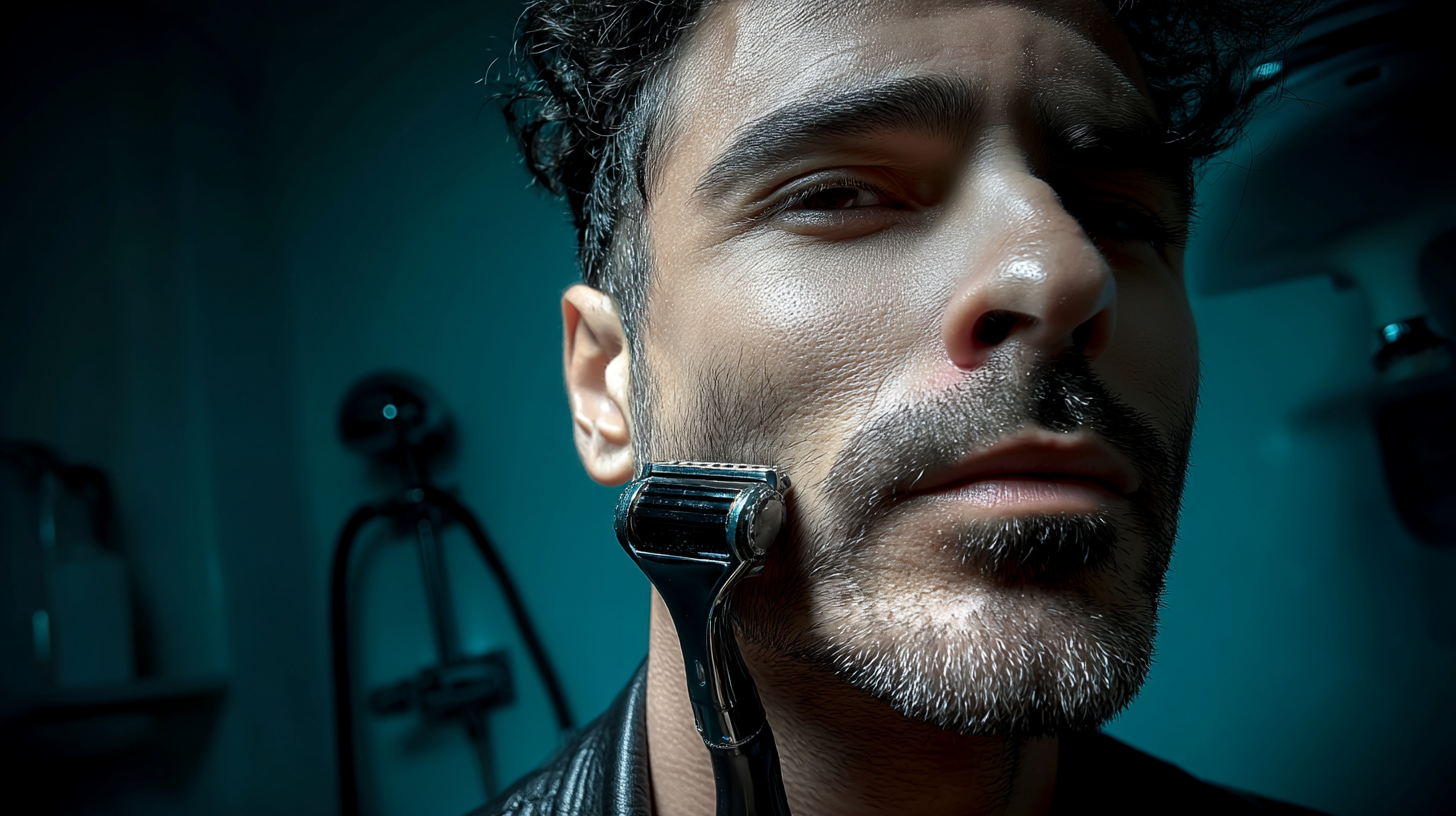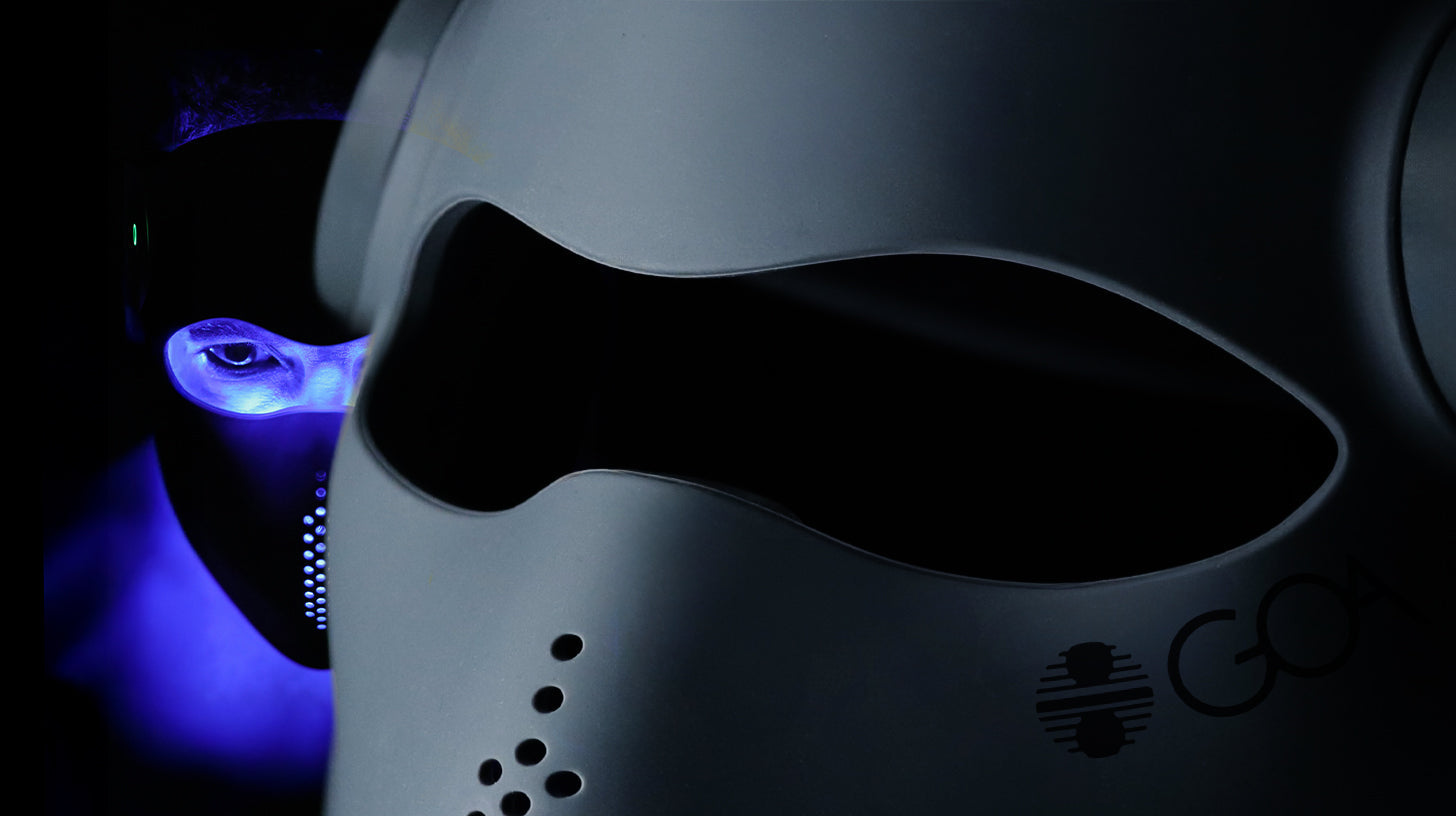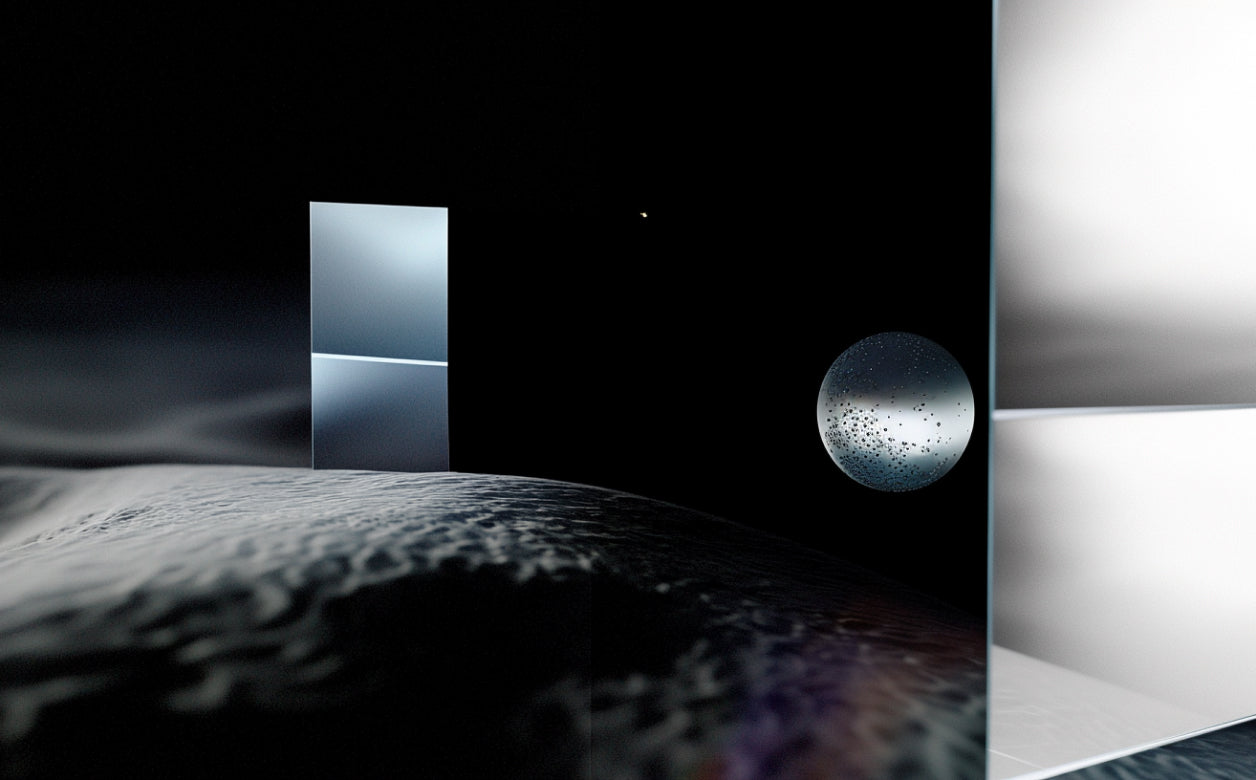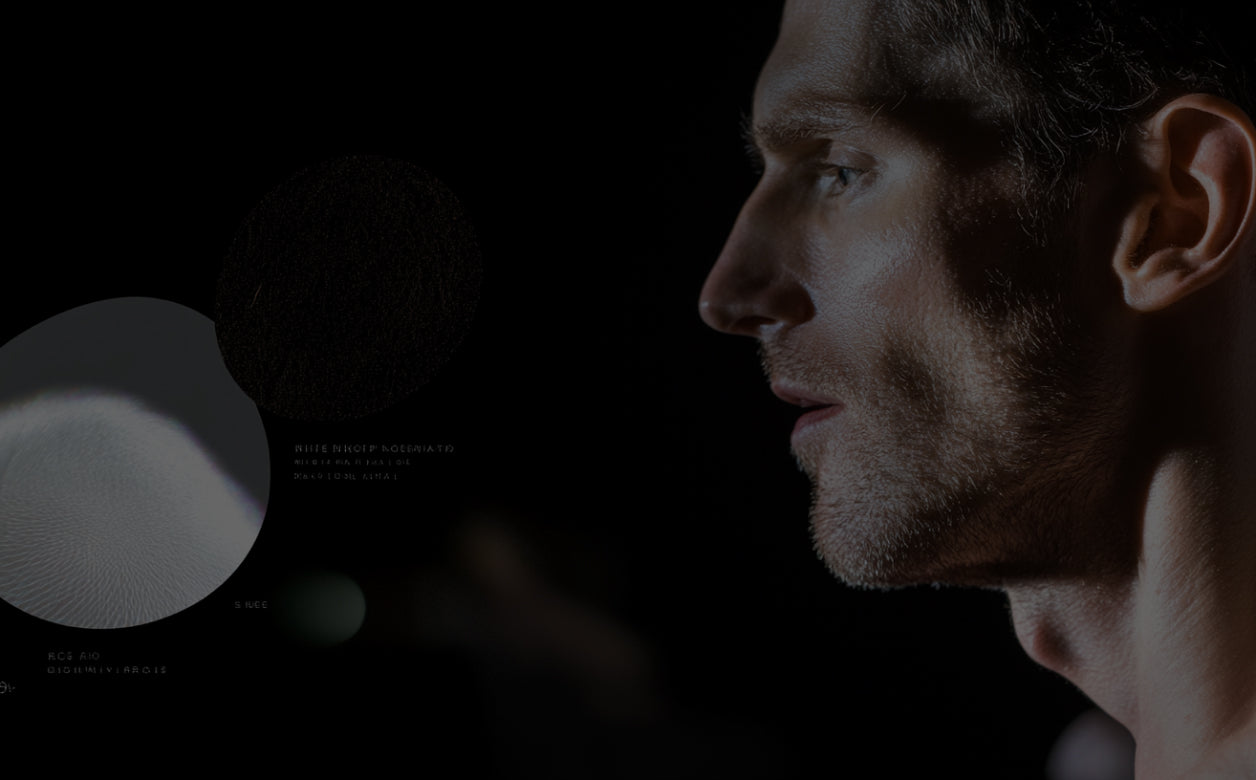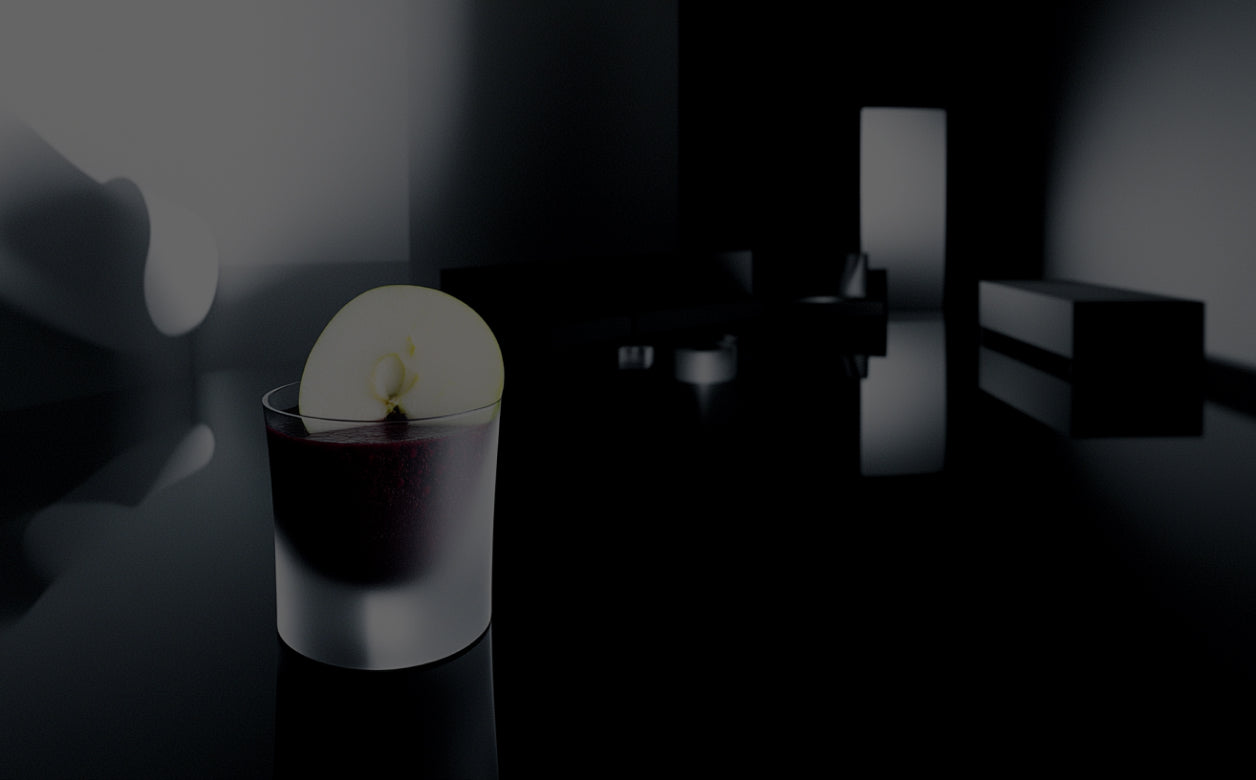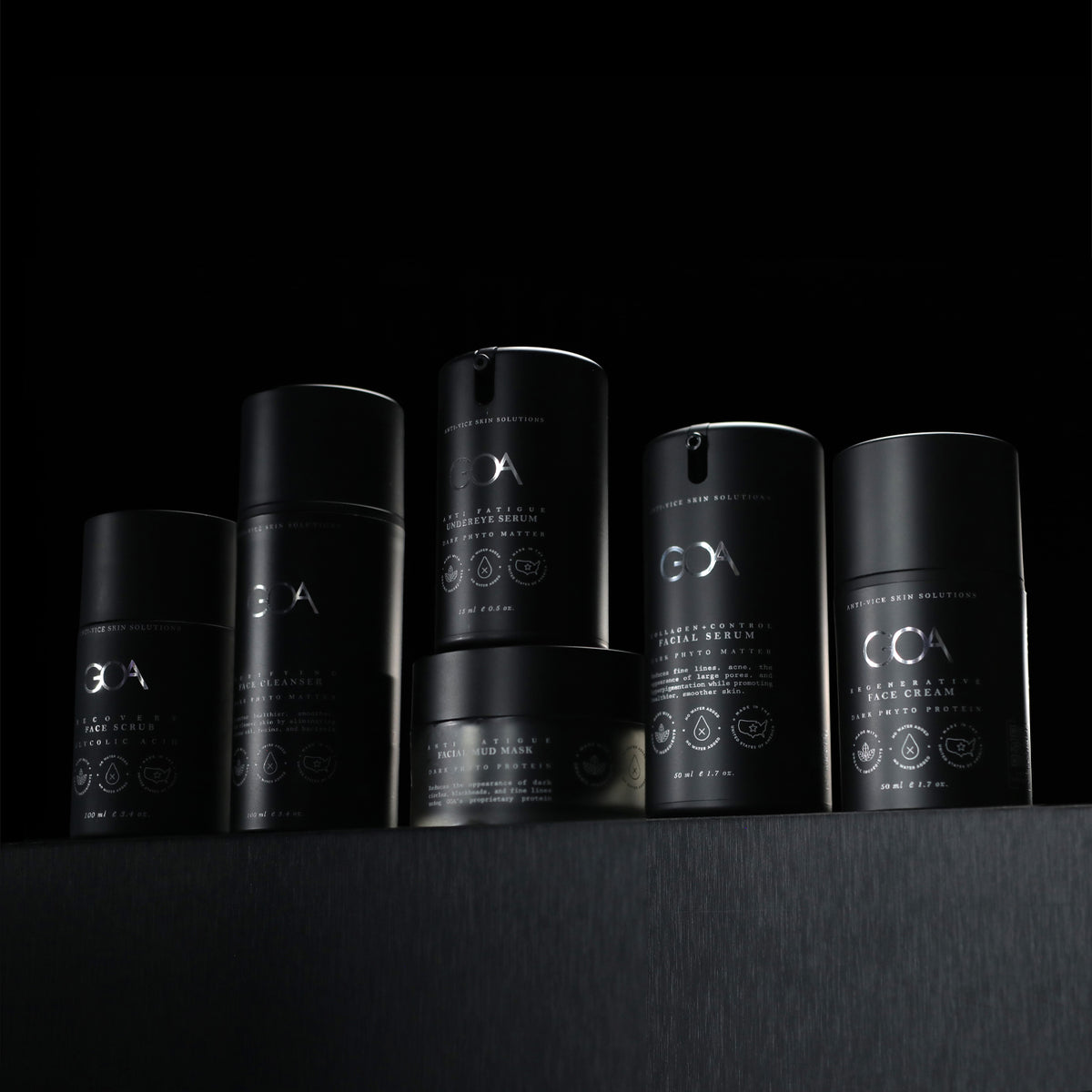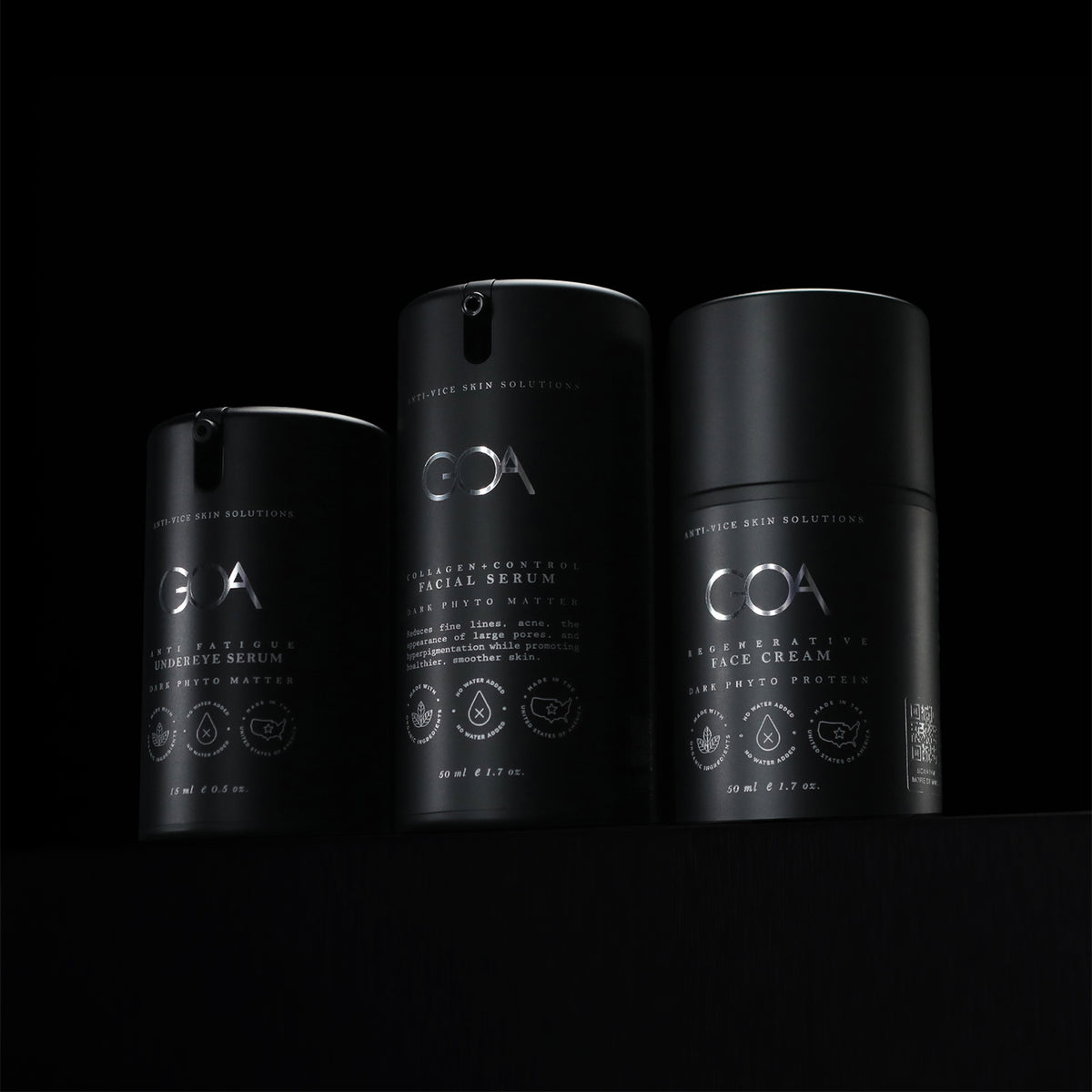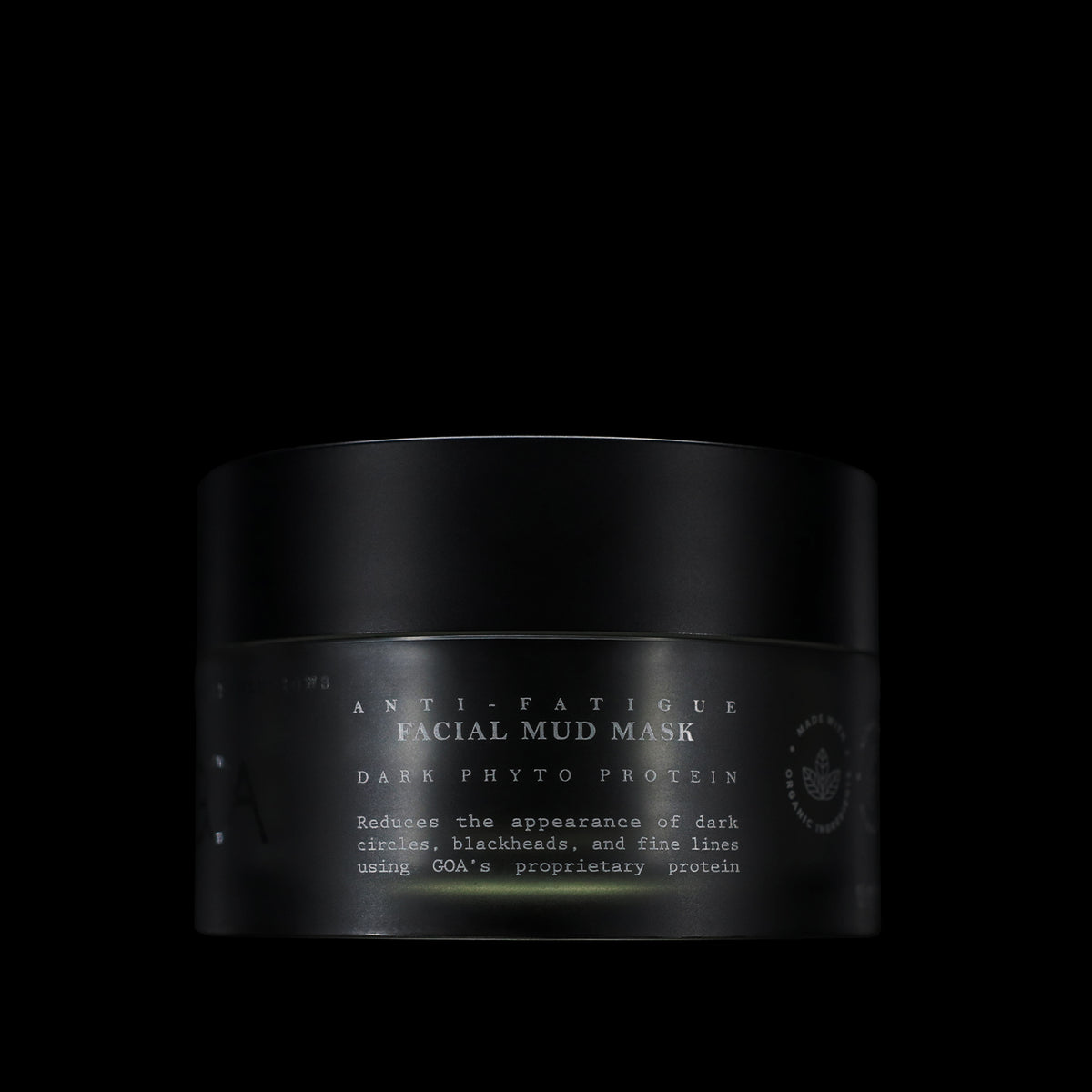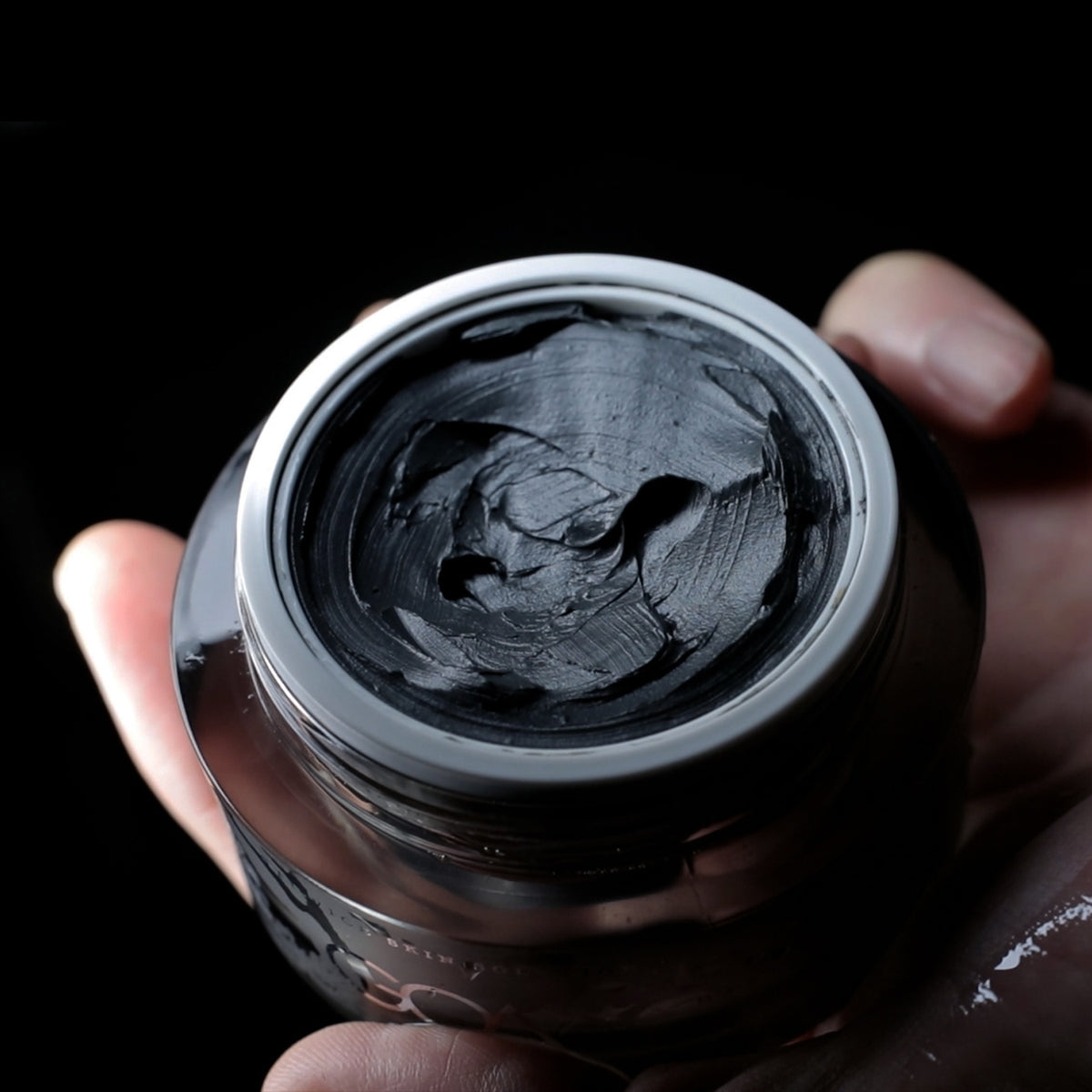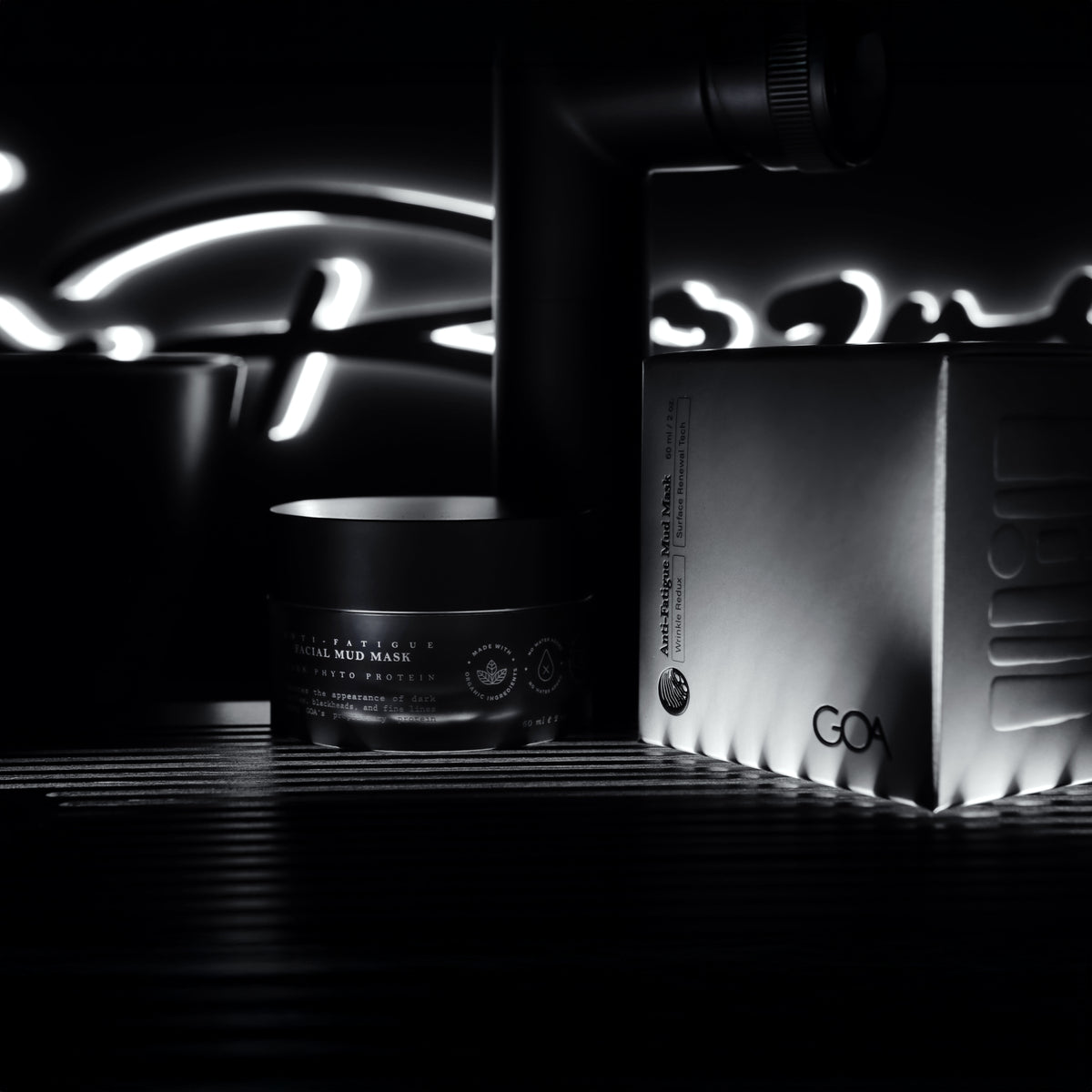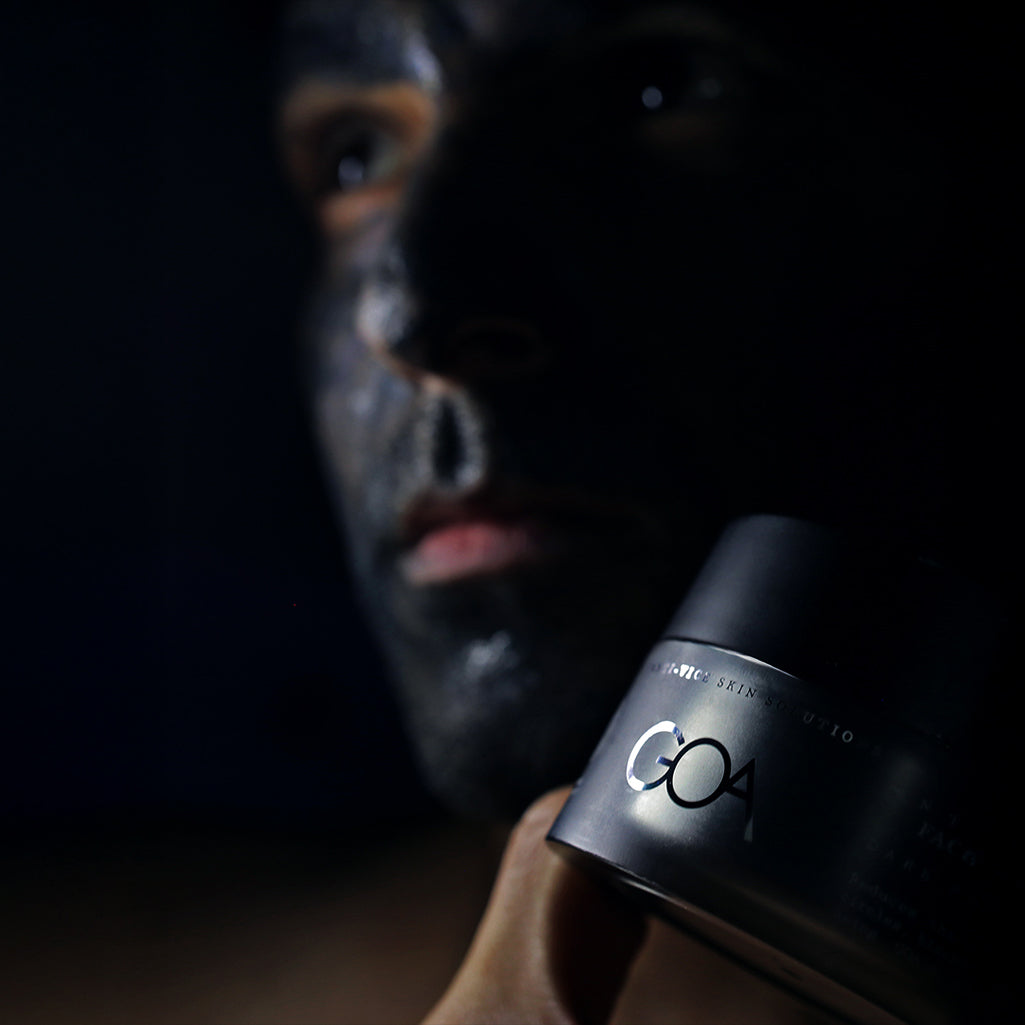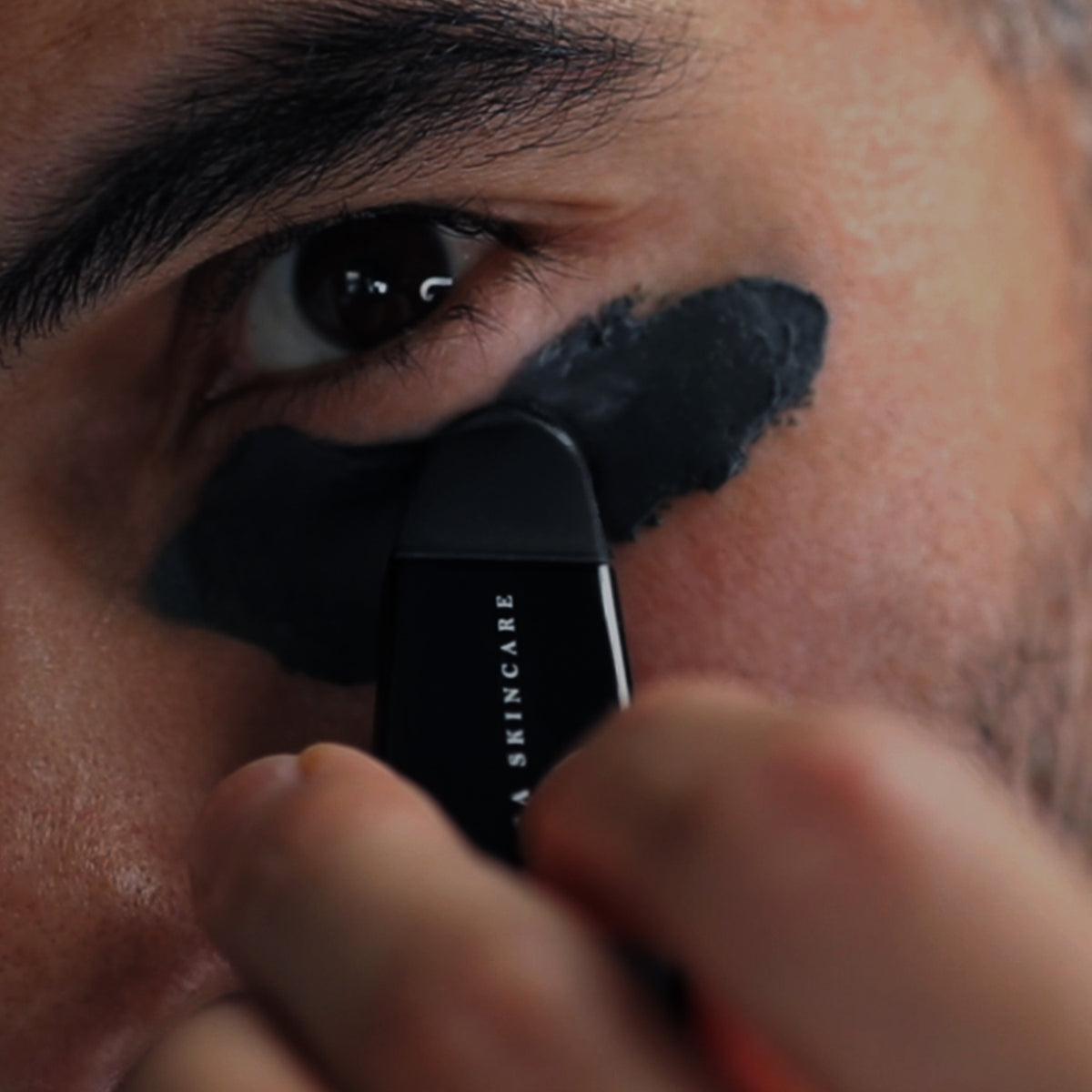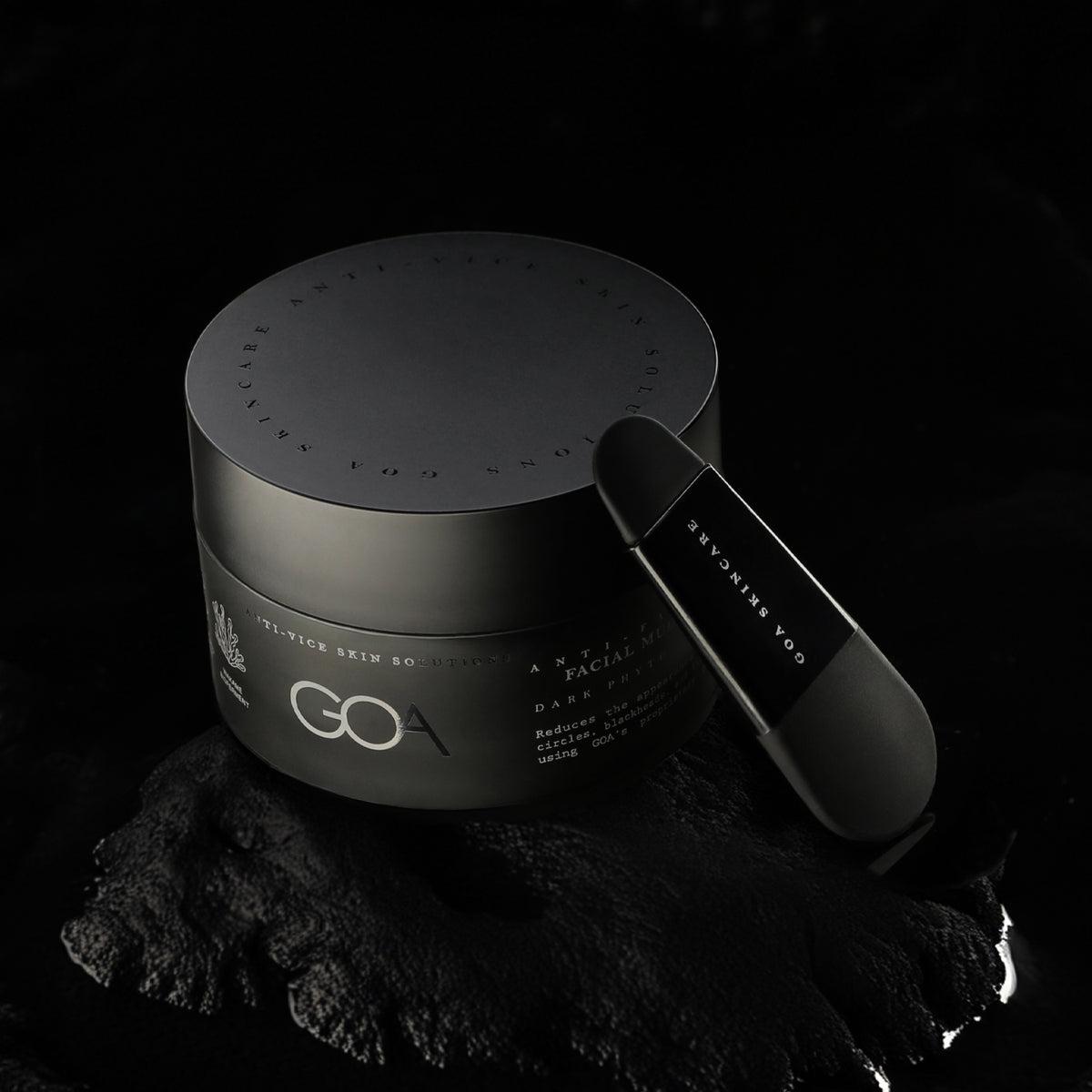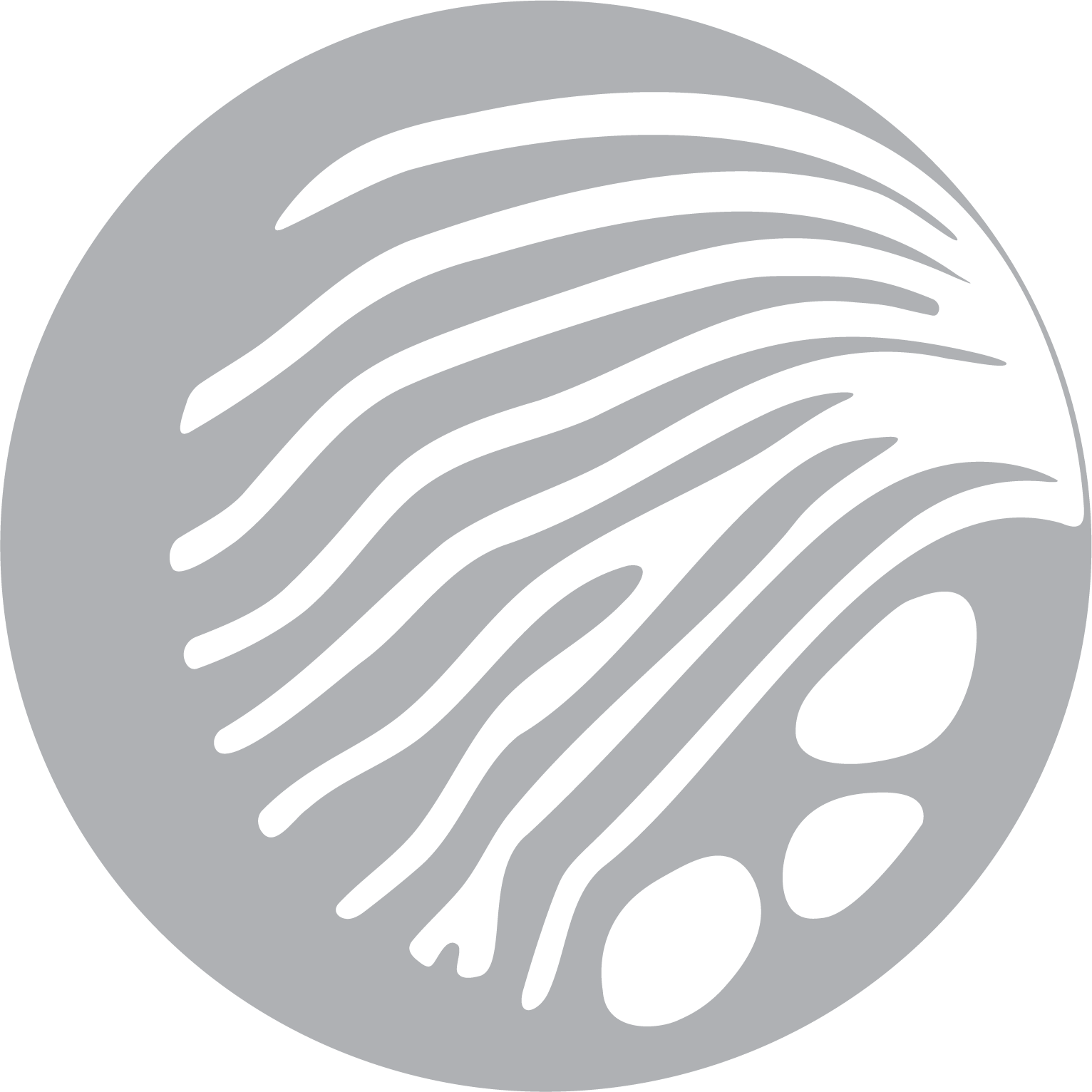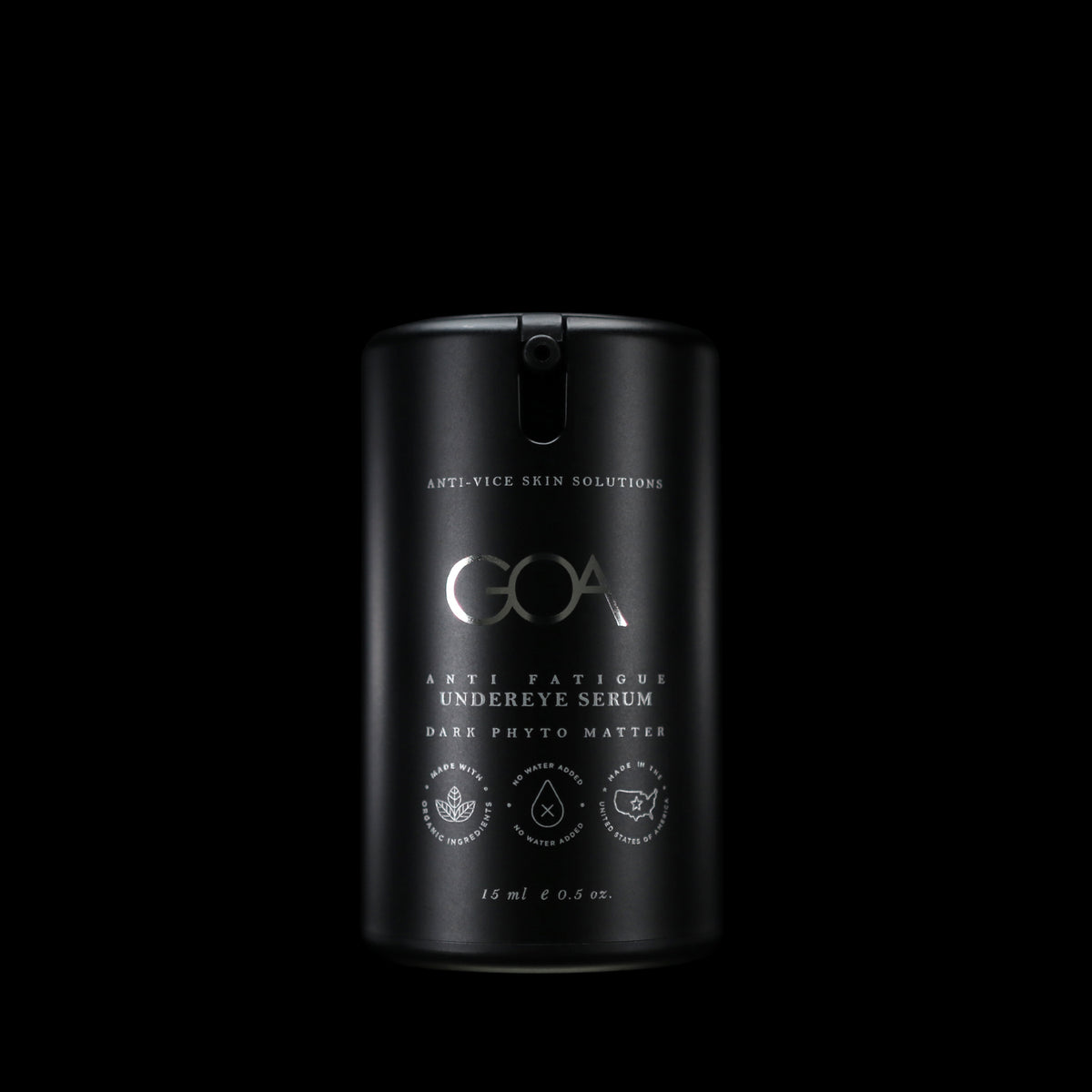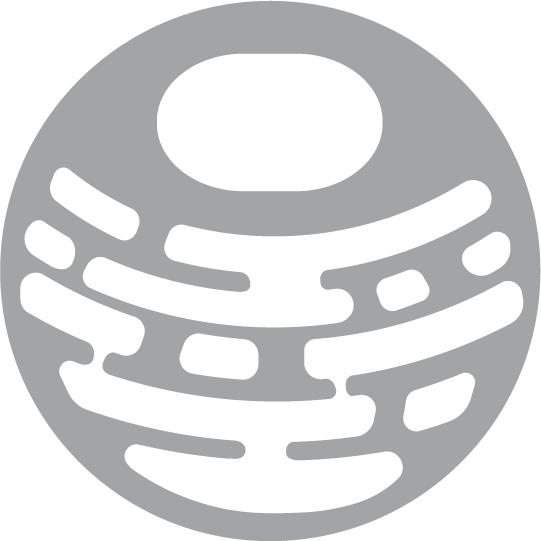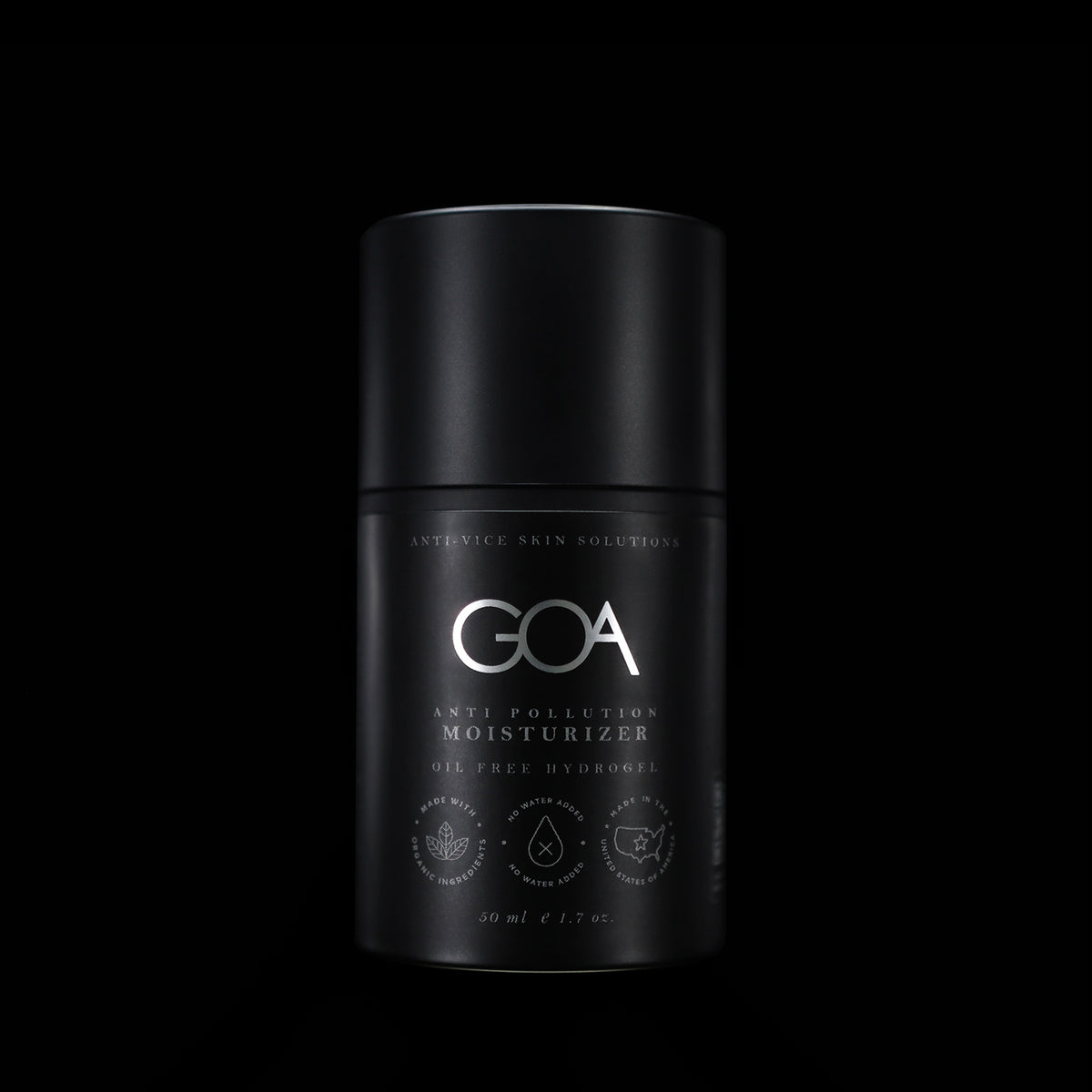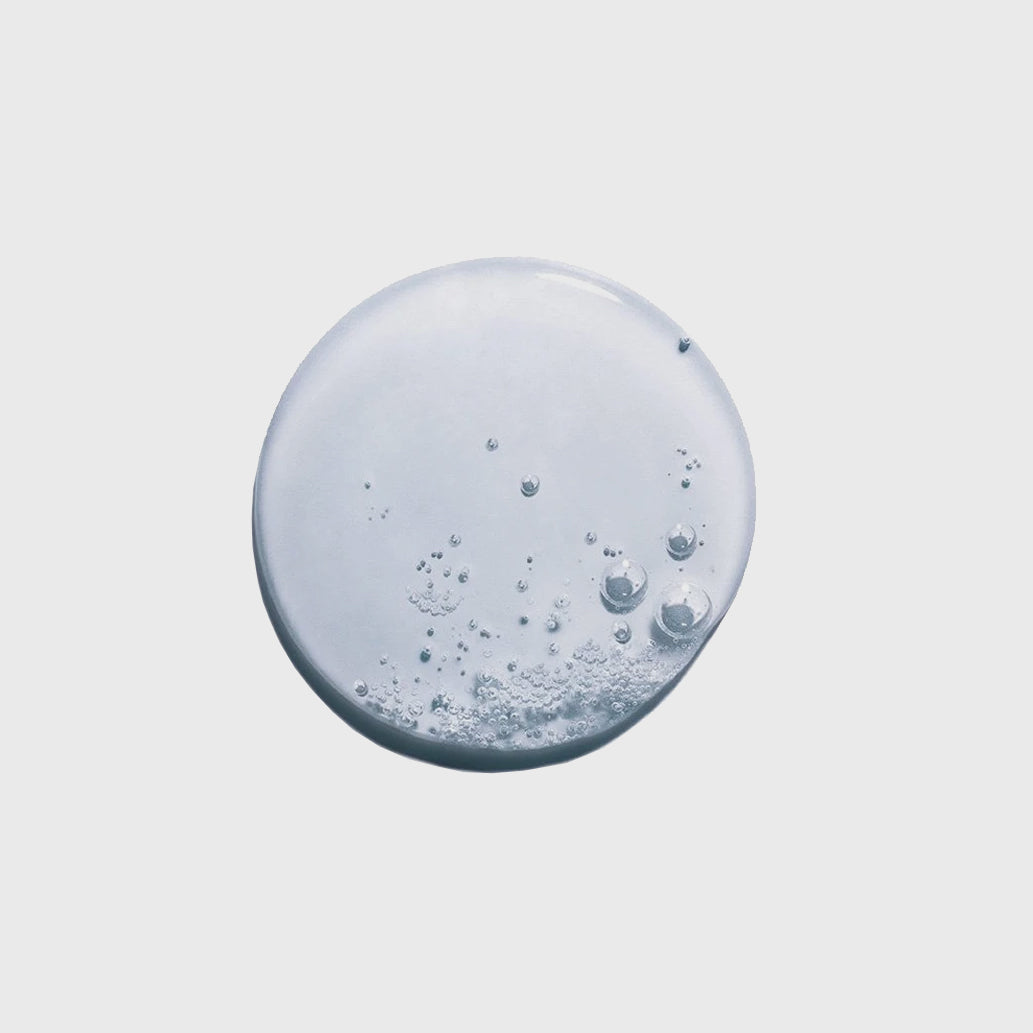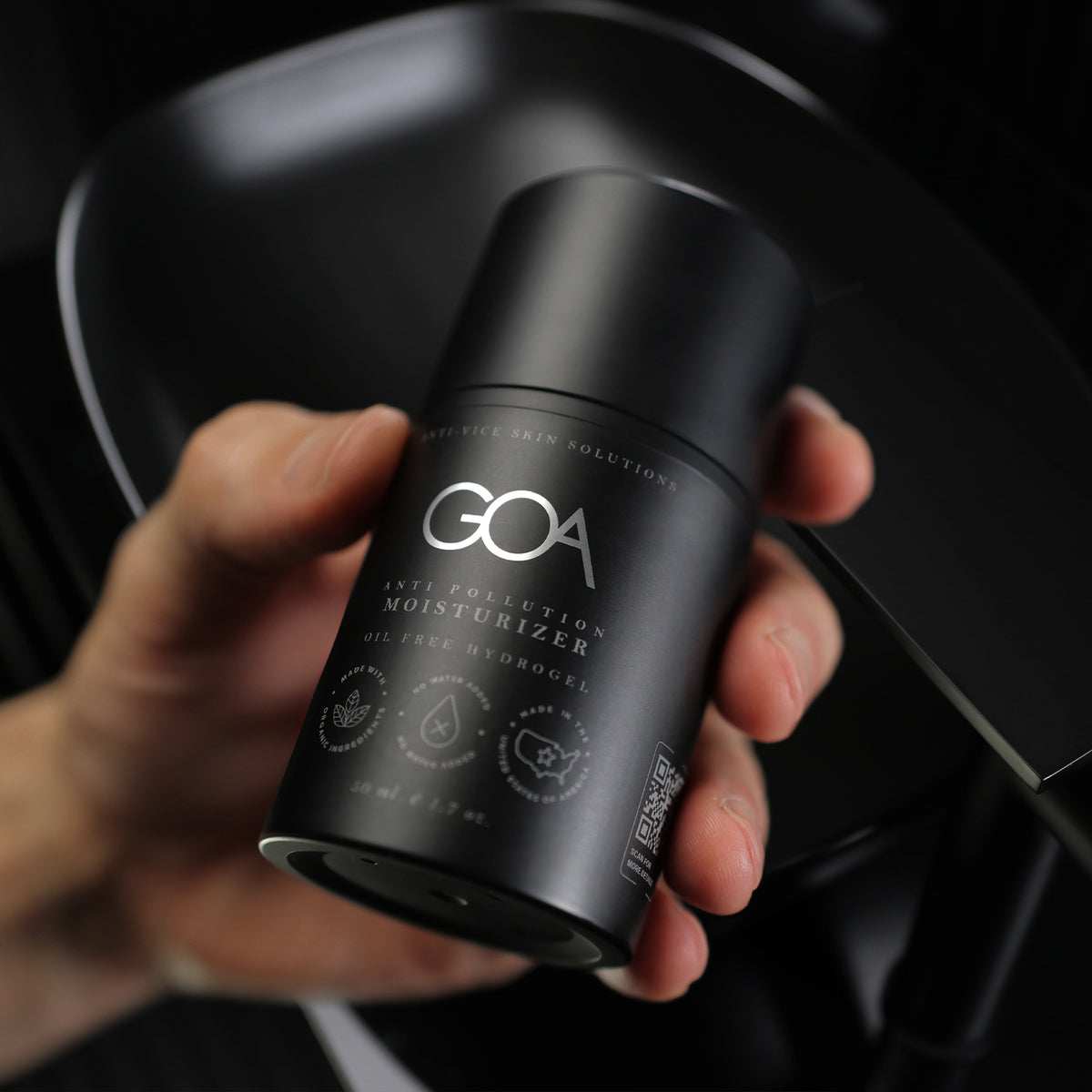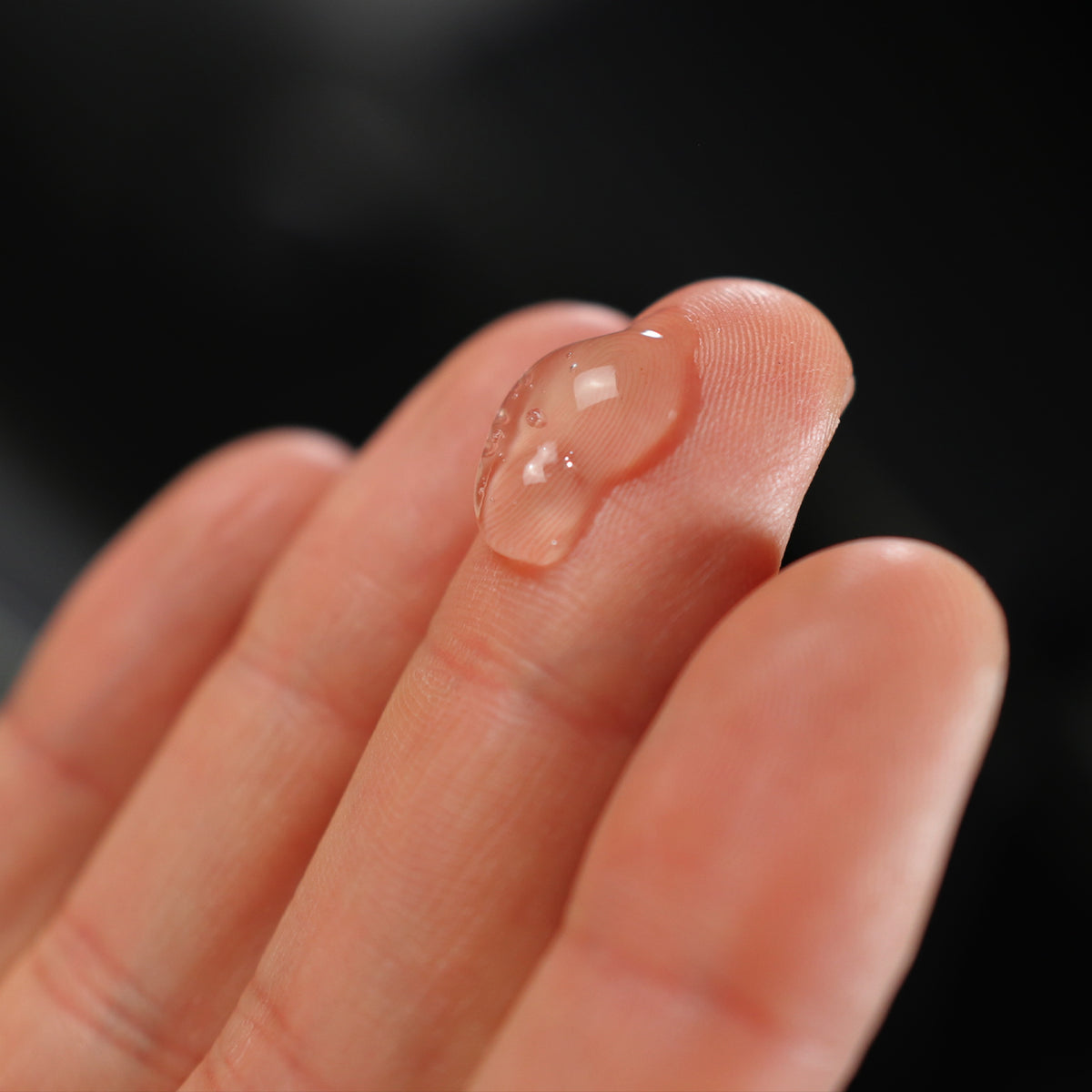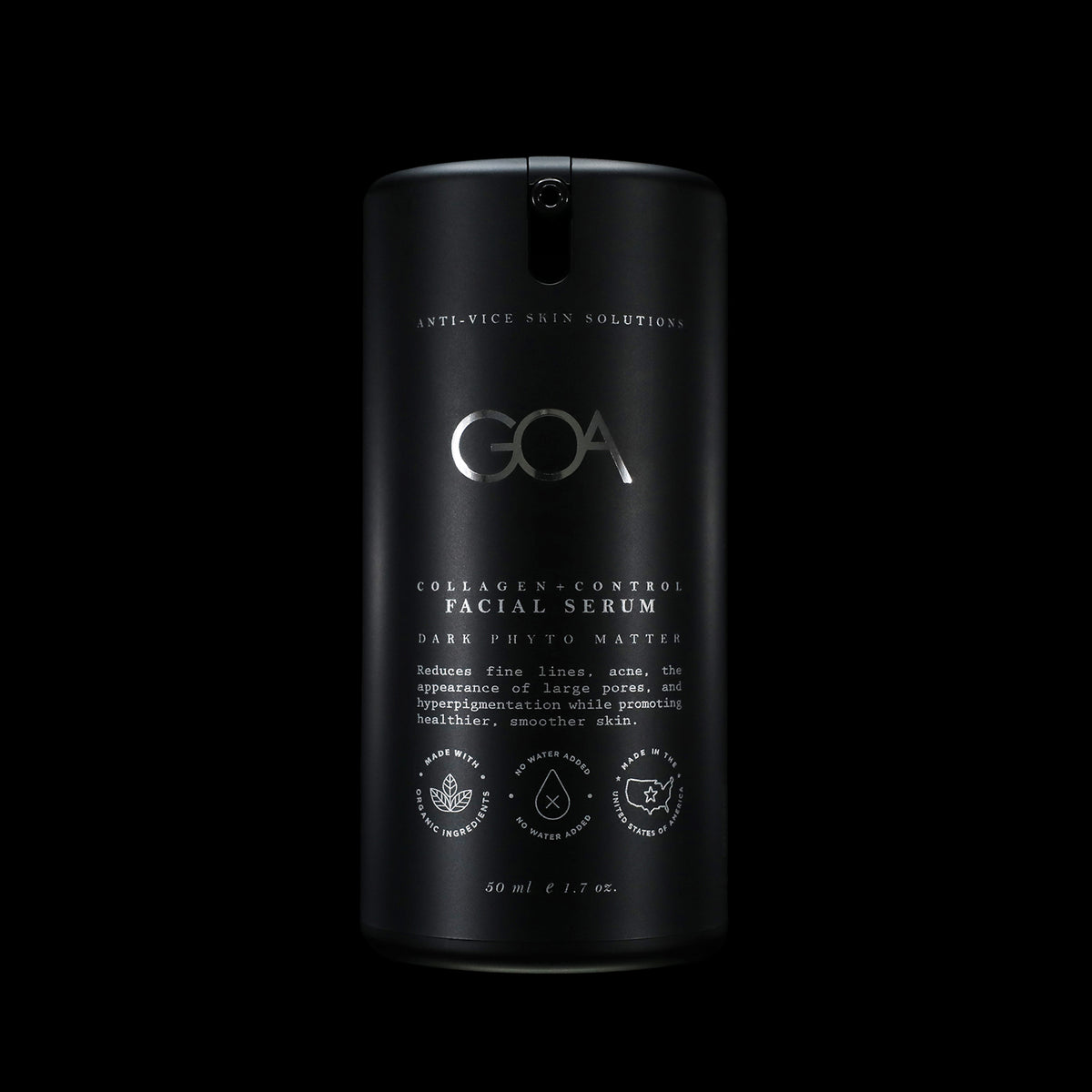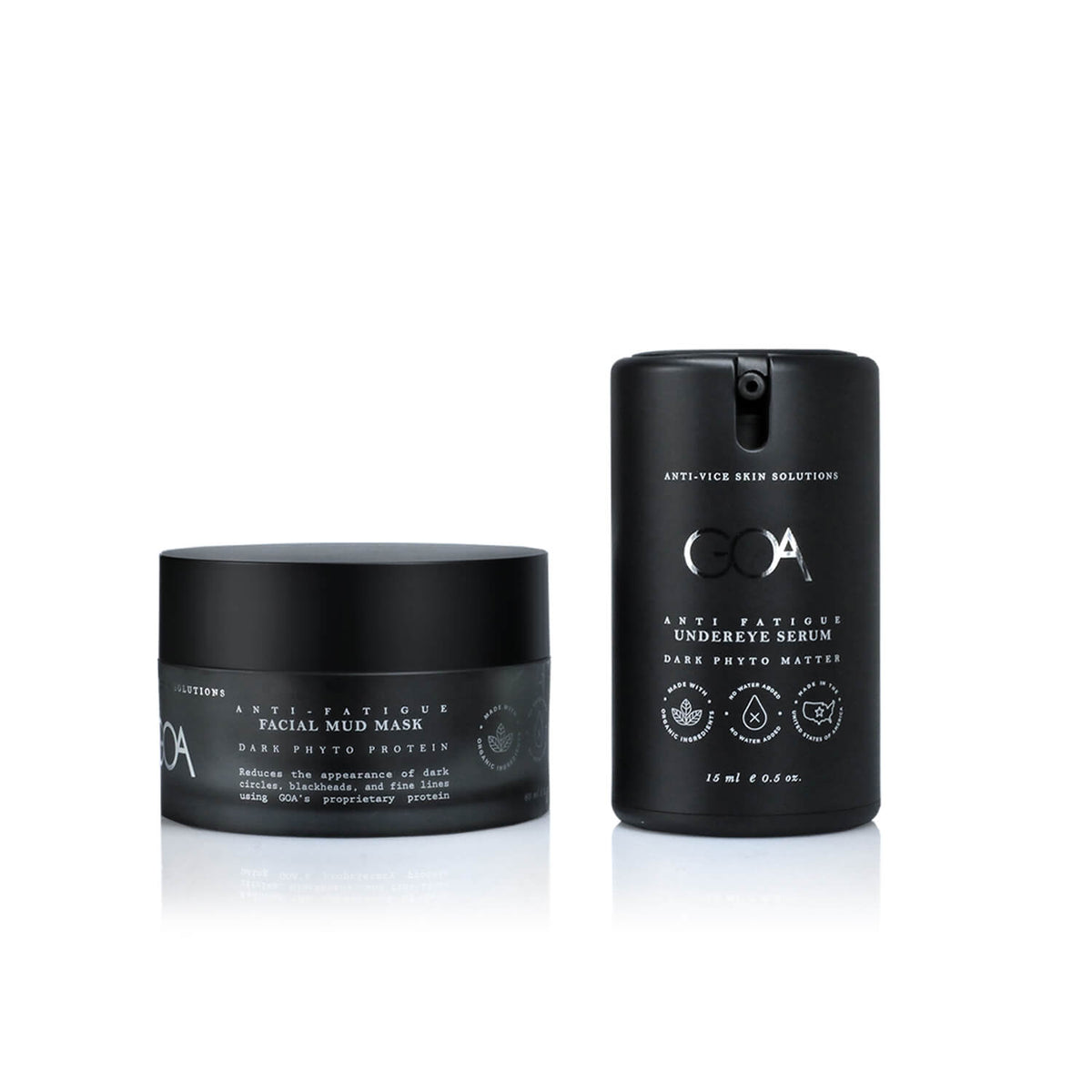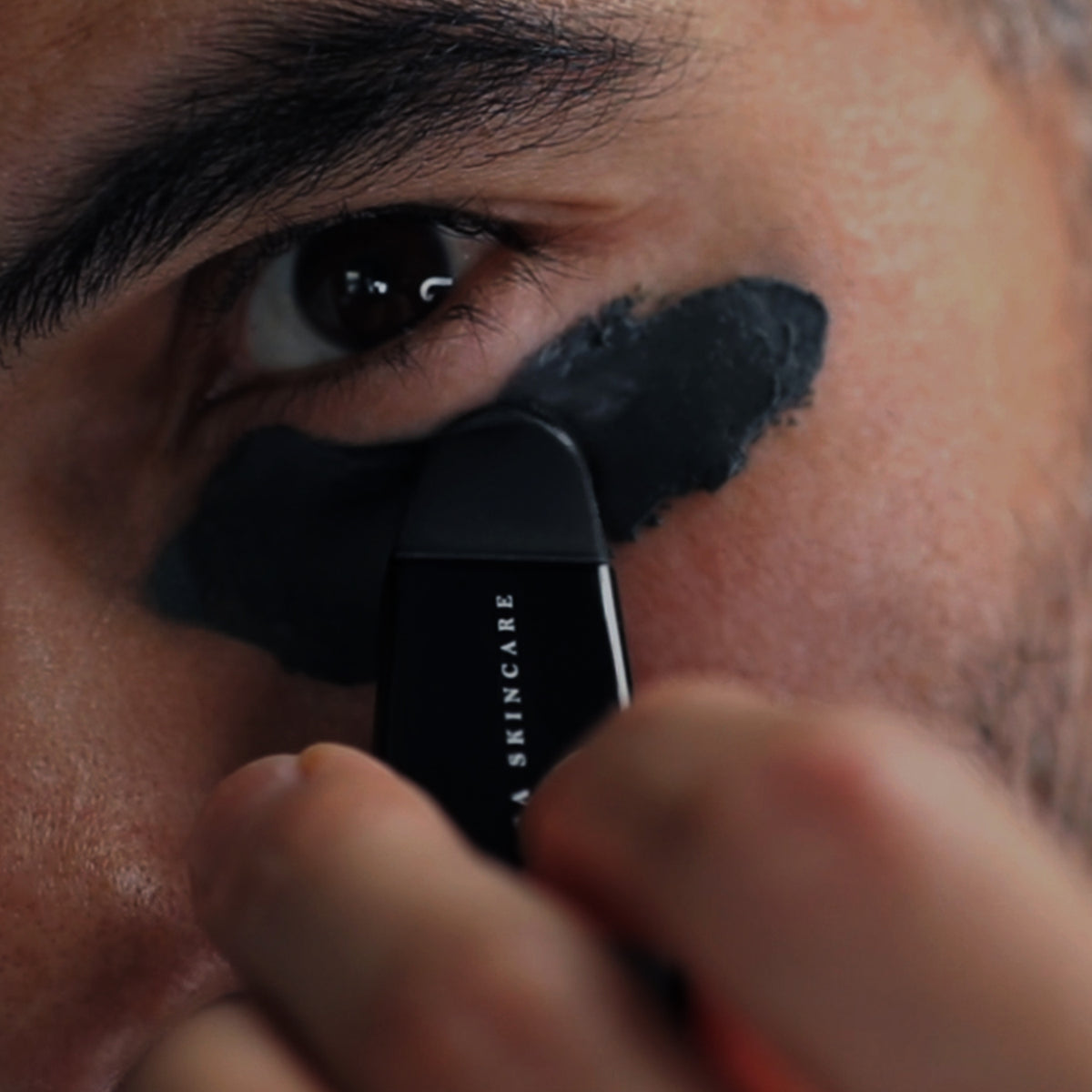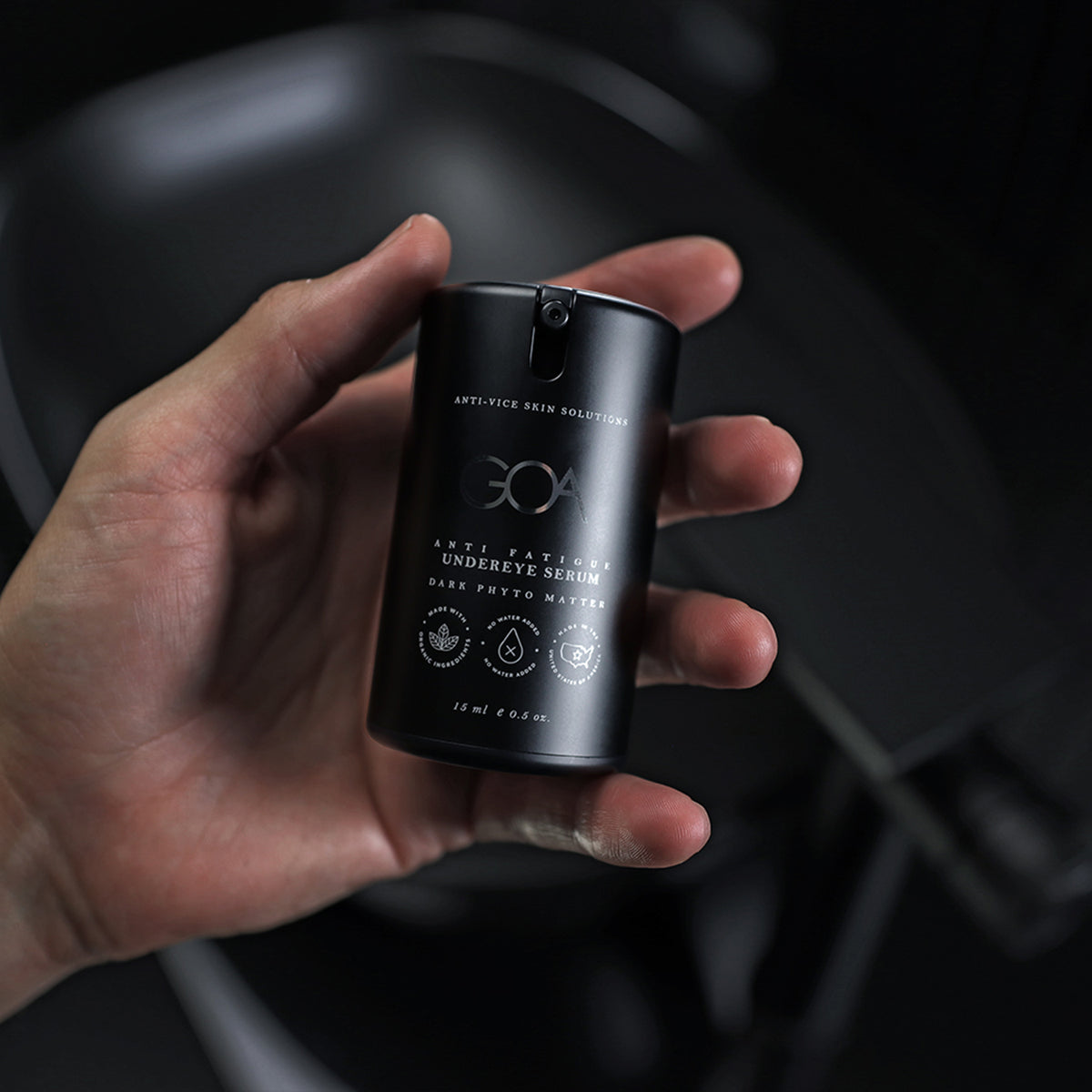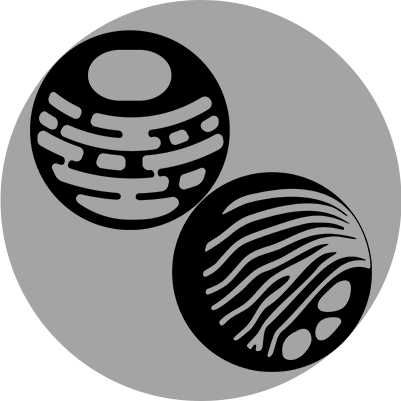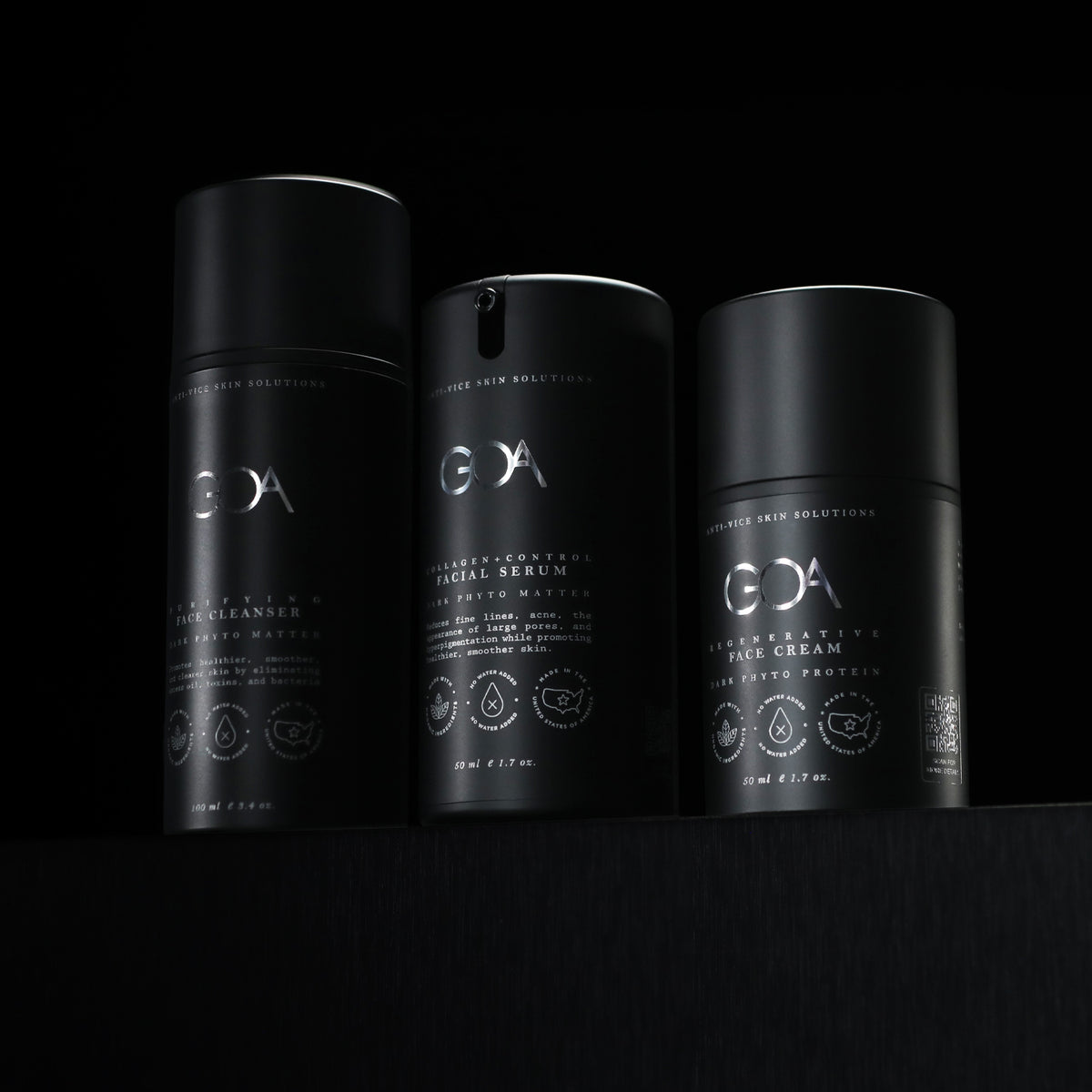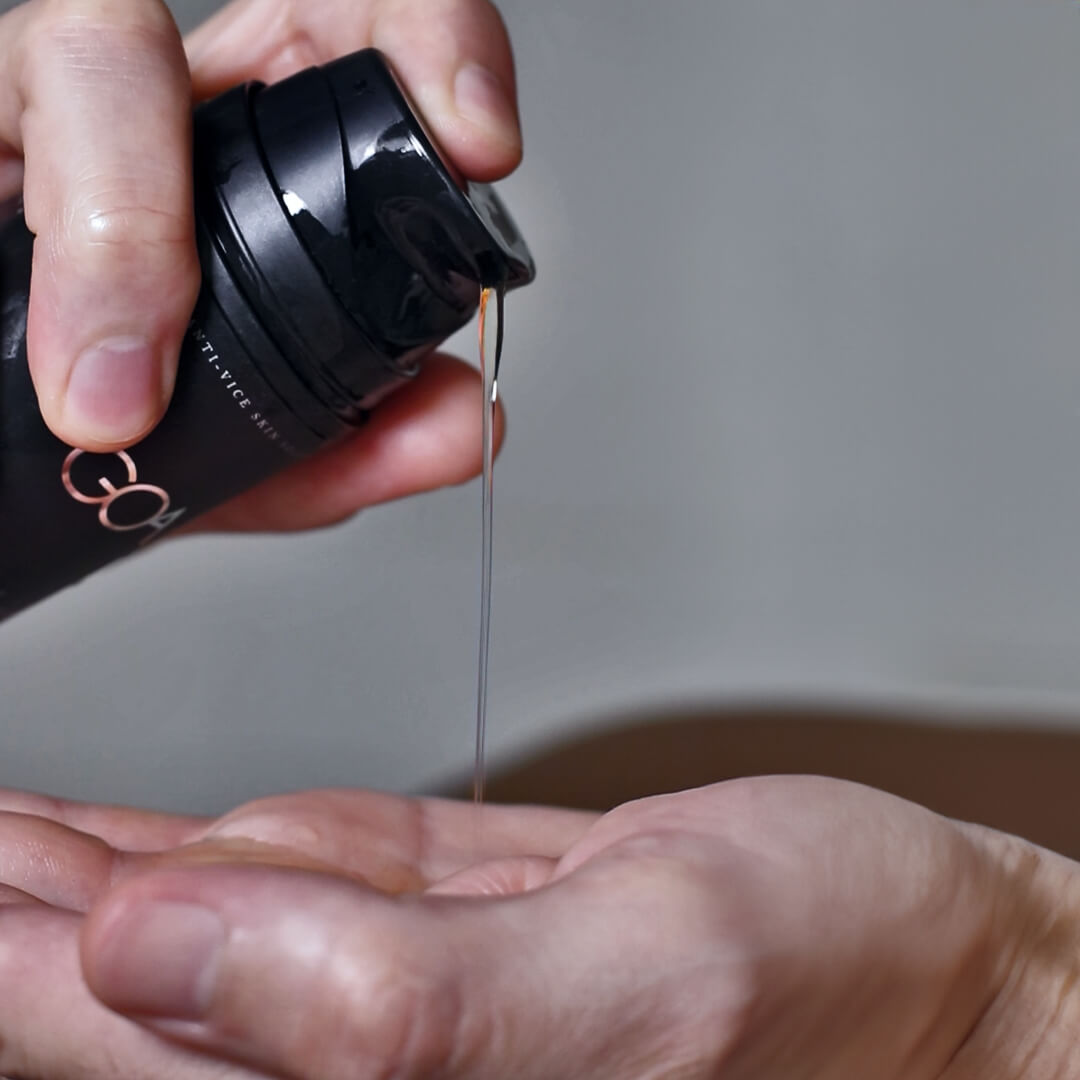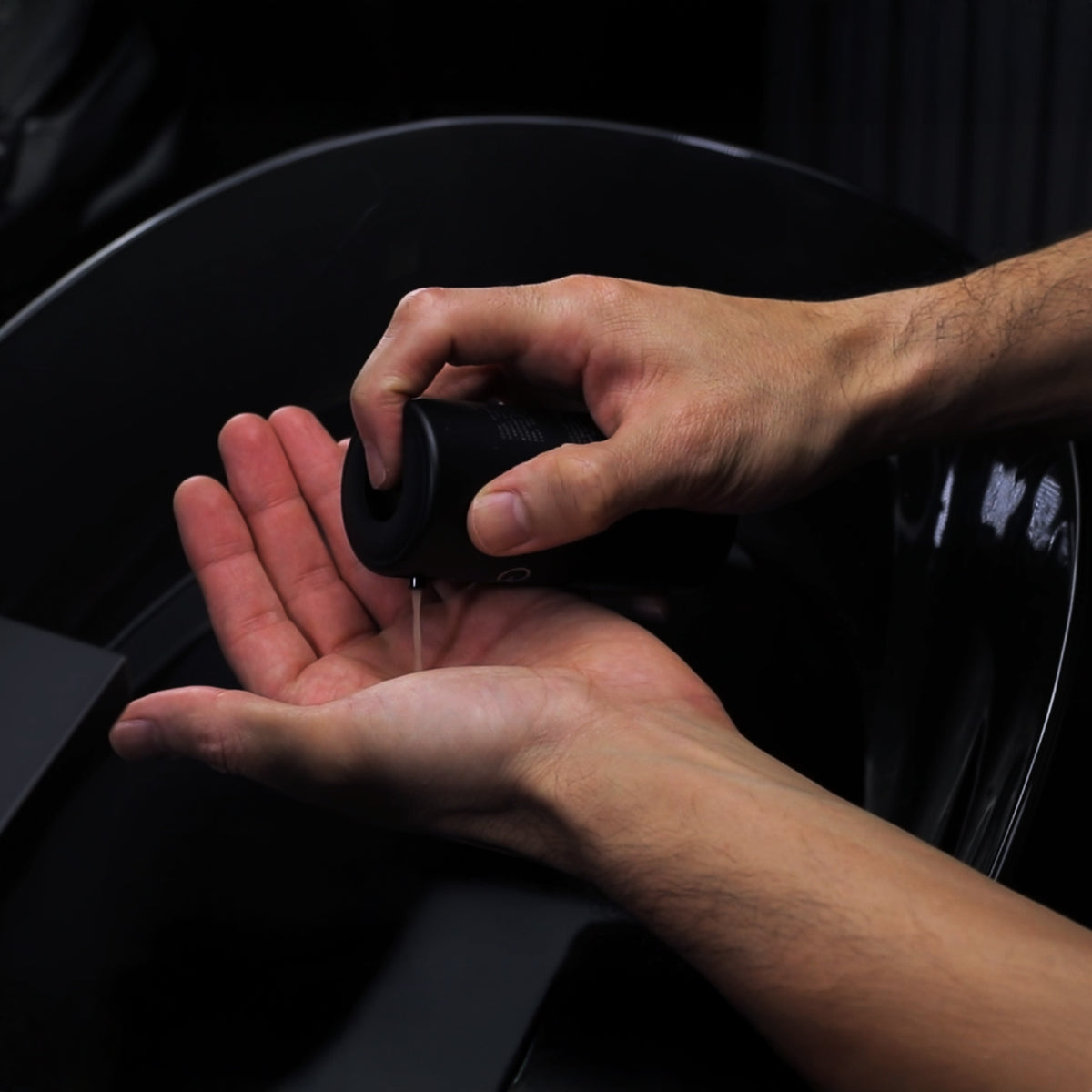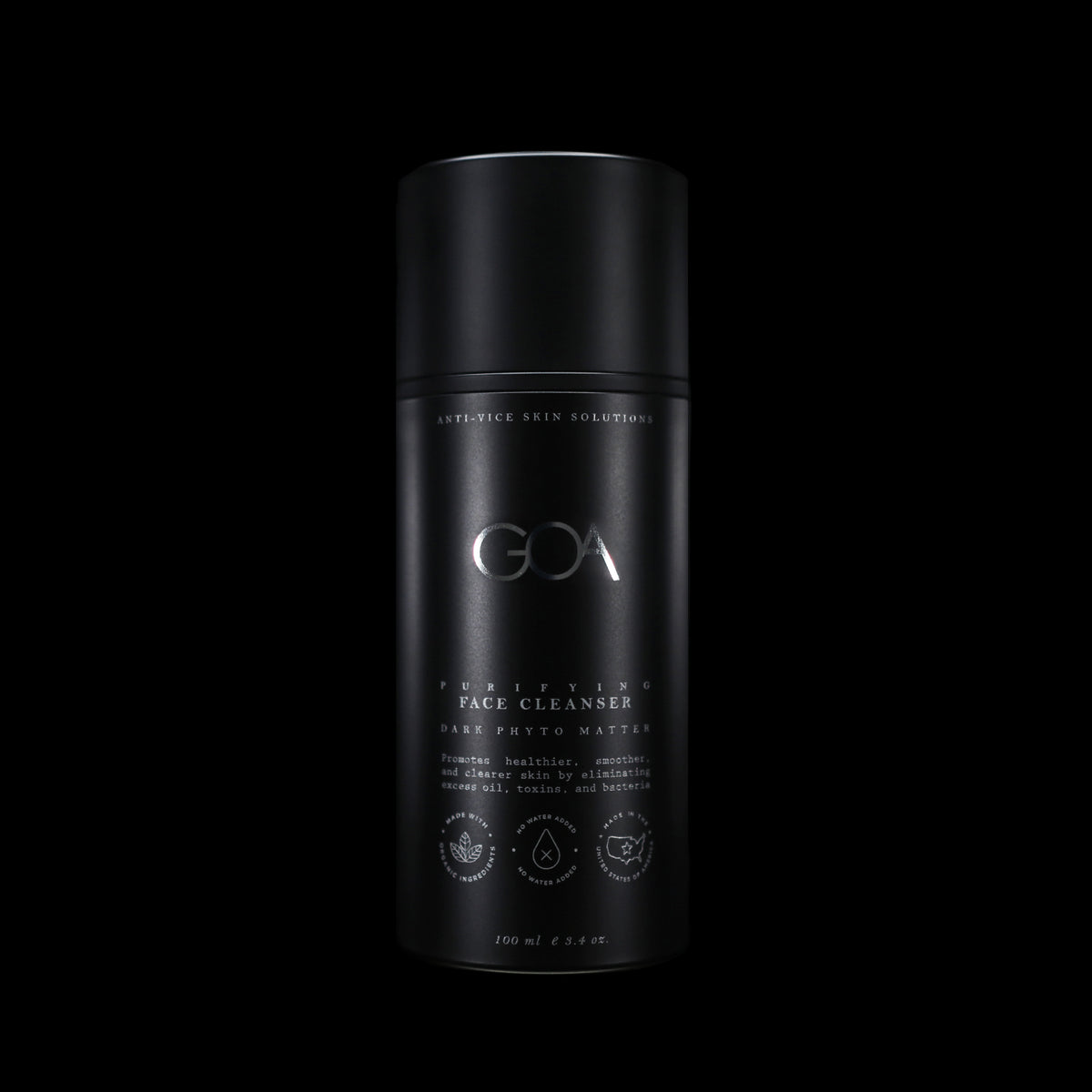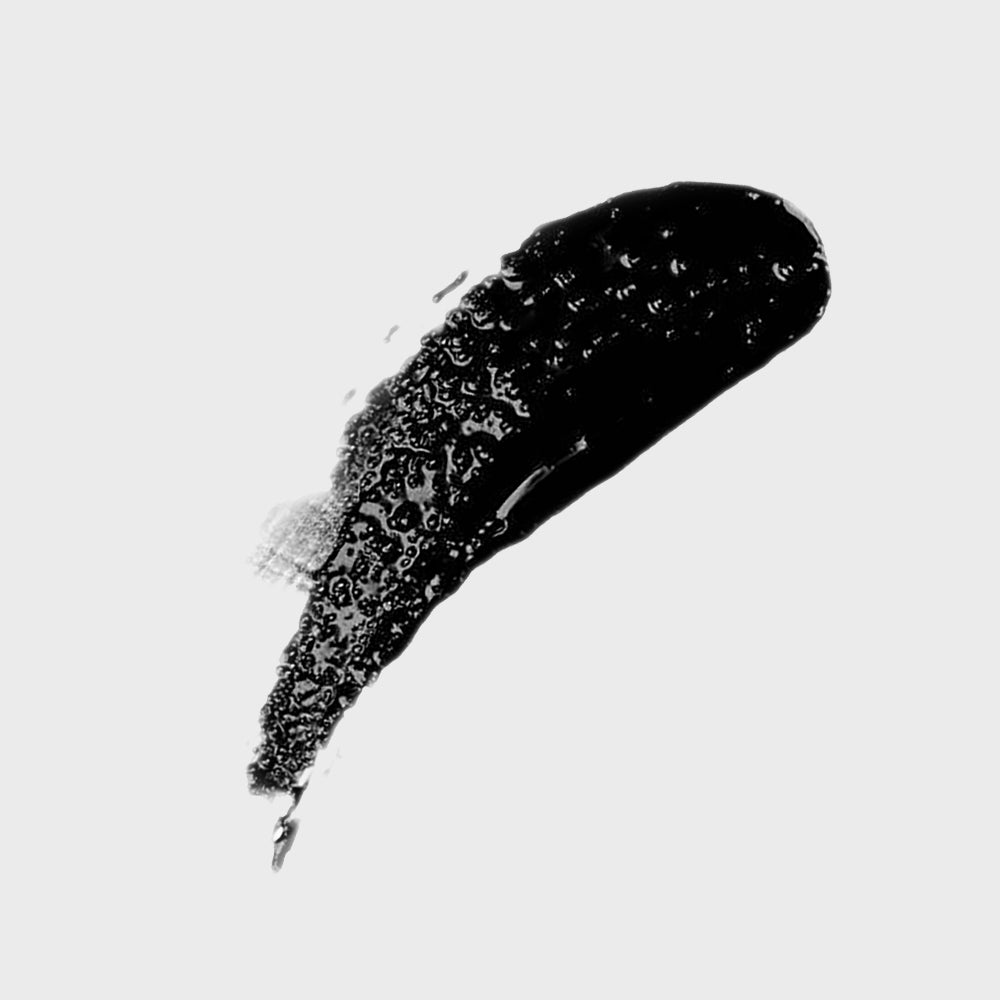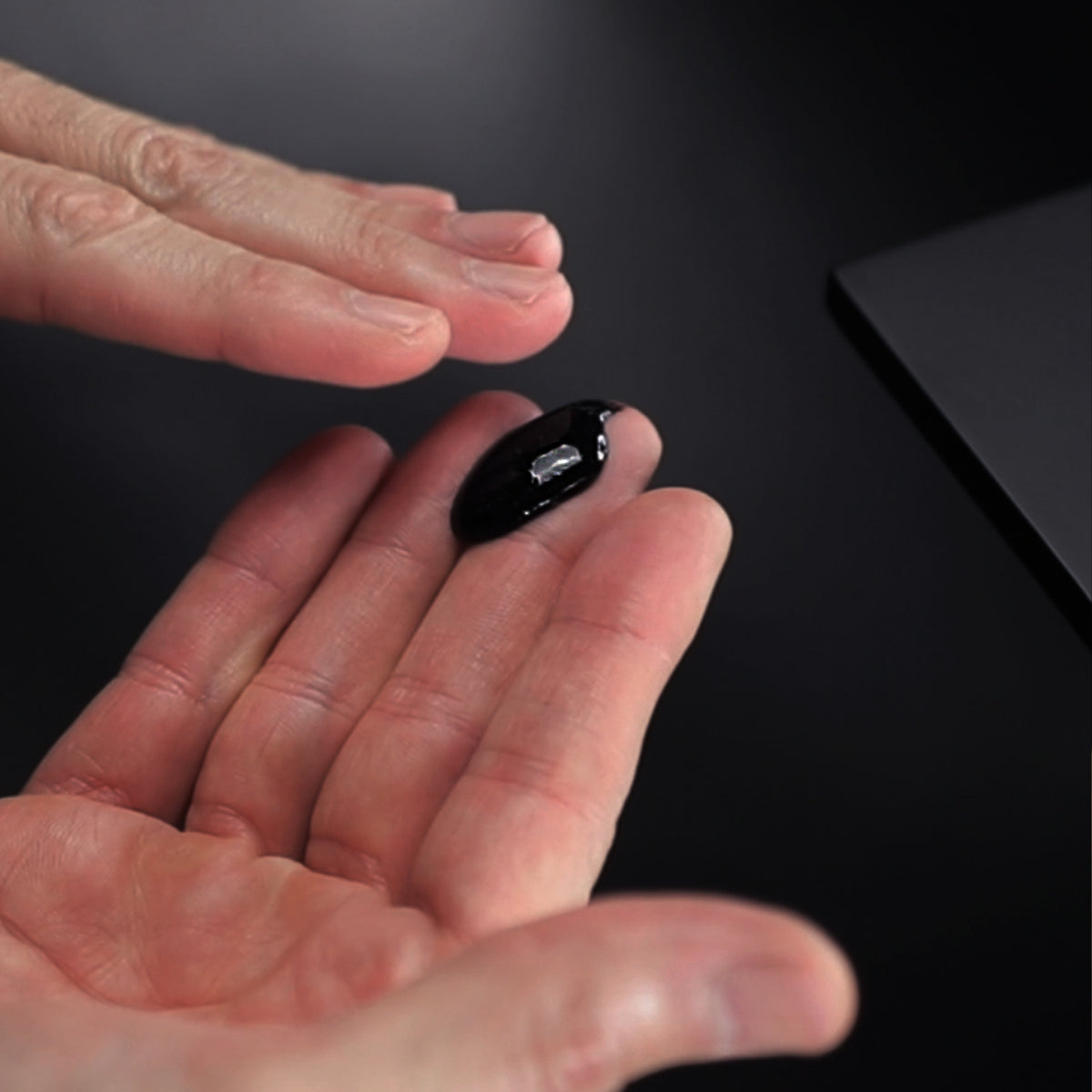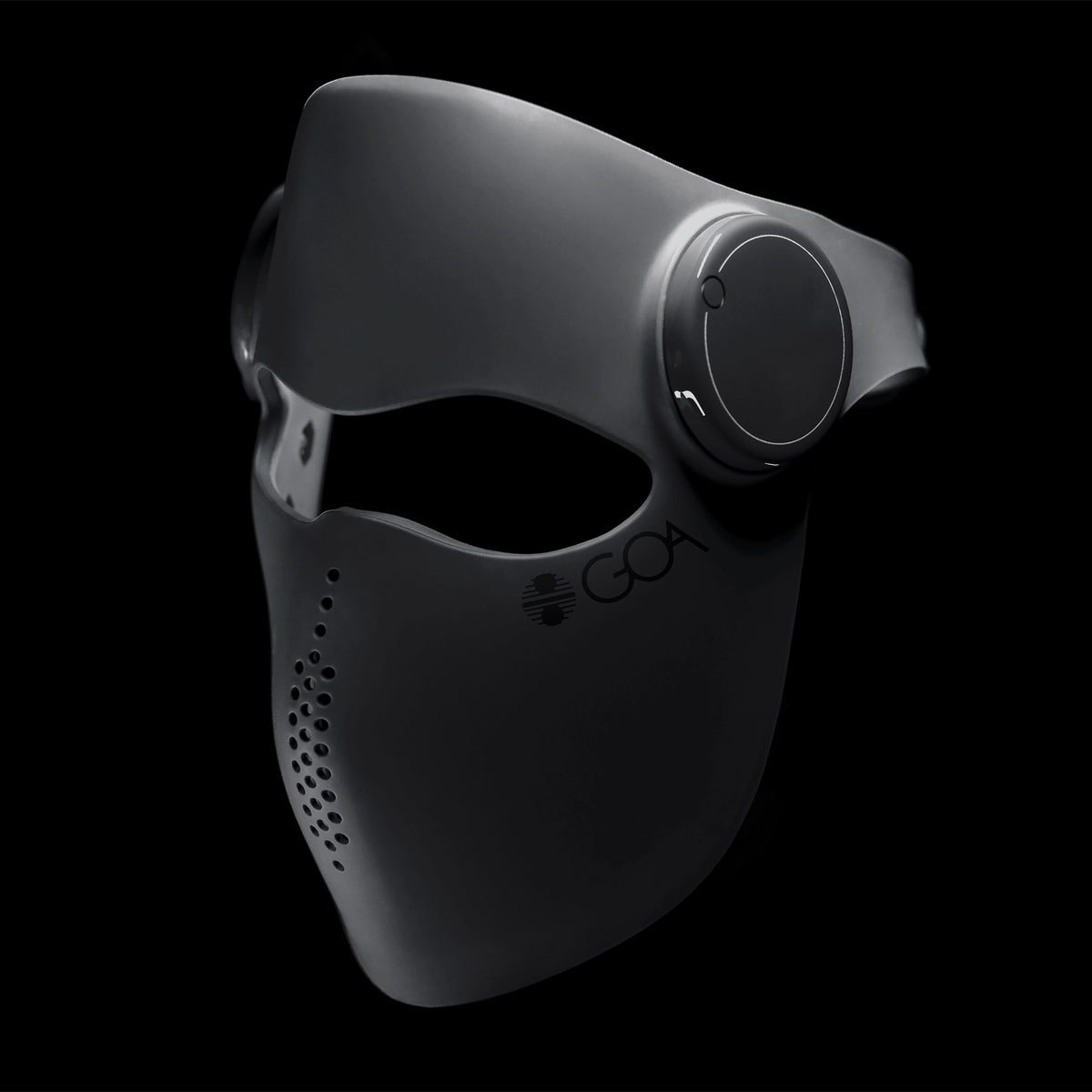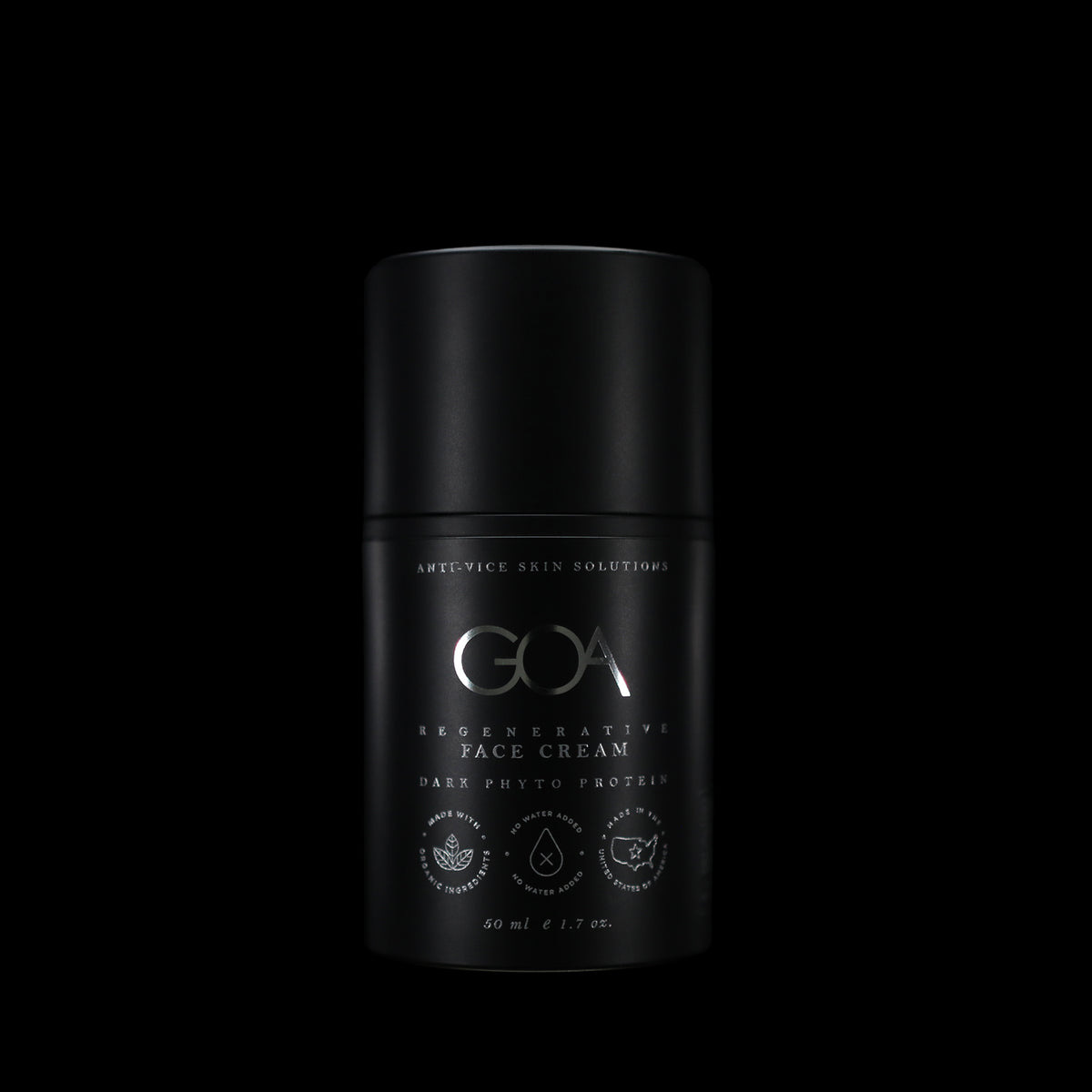Water is a life-sustaining element that influences more than just our thirst. Its quality impacts our skin's health, hair's vitality, and overall wellness in profound ways. For those committed to maintaining their youth and health, understanding how water interacts with the body is crucial.
From Source to Tap: The Water Journey
Water Source: Water originates from surface sources like rivers and lakes, or underground sources like aquifers.
Collection: Water is collected and directed to municipal water treatment facilities.
Screening: Large debris like branches and leaves are removed.
Coagulation and Flocculation: Chemicals are added to bind with dissolved particles to form larger particles called floc.
Sedimentation: Floc settles to the bottom, separating from the clean water.
Filtration: Water passes through filters of sand, gravel, and charcoal to remove smaller particles.
Disinfection: Disinfectants like chlorine are added to kill microorganisms and ensure safe water distribution.
Distribution: Treated water is pumped through pipes to reach homes and businesses.
Chlorine and other chemicals are commonly added to municipal water systems to ensure it is safe to drink by killing bacteria and other microorganisms. However, these same chemicals can have a drying effect on your skin and hair. Chlorine, for instance, strips away natural oils that hydrate and protect. Over time, this can lead to dry, itchy skin and dull, brittle hair.
Hard water is another concern. Rich in calcium and magnesium, it can leave behind a residue that not only makes cleaning your home more challenging but also impacts your personal care routines. Here’s how hard water plays a role:
It can contribute to the build-up on your skin and hair, which might block pores and leave hair looking limp.
Regular exposure may exacerbate skin conditions like eczema or dermatitis due to soap residue that hard water leaves behind, which irritates the skin further.
Adjusting the pH levels of your water can also significantly affect your skin's health. The skin’s natural pH tends to be slightly acidic, around 5.5. Water that is too alkaline can disrupt this balance, leading to irritation and dryness. Using pH-balanced skin care products or installing water systems that regulate pH can help maintain your skin's natural barrier.

Enhancing Your Water at Home:
• Consider installing a whole-house filtration system to ensure all water sources are purified, from the kitchen to the bathroom.
• A showerhead filter is always the go-to when needing basic care for your hair and scalp.
• A water softener can combat the effects of hard water, benefiting not just your skin and hair but also increasing the lifespan of your plumbing and appliances.
Monitoring Local Water Quality:
If you want to dig deeper, it may be beneficial to check The Environmental Protection Agency (EPA) which offers resources like the Safe Drinking Water Information System - You can check the quality of water in your area.
Beyond the quality of the water you consume or bathe in, some good tips to mitigating the adverse effects of suboptimal water quality include:
Lowering the temperature of your showers can preserve natural oils in your skin and hair
Integrating hydrating and repairing products into your skincare or haircare protocol can provide additional protection from dryness.
Here, small adjustments yield big changes, ensuring you look and feel your best. And if you’re considering including some powerful hydrating tools in your protocol, GOA has you covered. Learn more about our top products below.










